Advice and Insights for the Warwick IFP CS Pathway ▼▼
Published:

Read this article if you are a prospective Warwick IFP student who wants to know how to get accepted to Imperial or UCL CS. 😳 #ValuableInsights
ℹ️ Note
I’m writing this blog as a former IFP student. The views expressed here are my own and do not represent the Warwick Foundation Studies Department.
Sorry but you might be disappointed
The reality hurts. 🥲
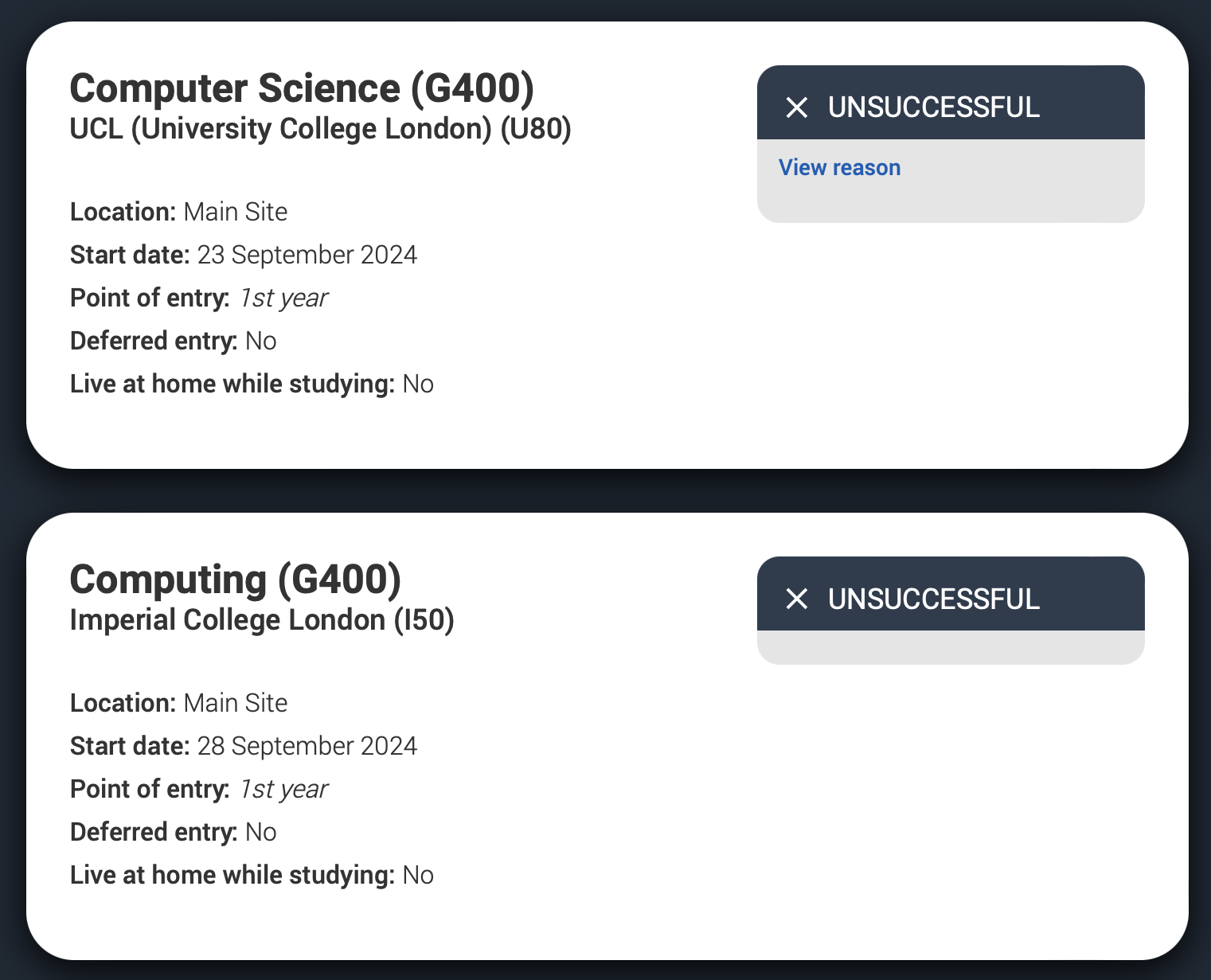
In Warwick IFP ‘24, only 2 students were accepted to UCL CS and 0 accepted to Imperial computing. And I believe nobody got the interview from Imperial.
Rumor:1 One student from the maths pathway got an offer from Imperial statistics with a high MAT score. He met all the requirements in the conditional offer but ended up getting rejected.
Be optimistic, you could be the top 5% student in the IFP after reading this blog 😹
Just kidding. Having top grades at the Warwick IFP will not guarantee you a place in these 2 universities. Grades are just prerequisites before they consider your admission test scores, awards and projects. However, it will certainly help you get a conditional offer from Manchester and other Russell Group universities.
If you would want to know how I studied in the IFP and my advice for the future IFP CS students, please continue reading. 😊
Who am I ?
I am Tom, a Warwick IFP alumnus graduated in the summer of 2024. 🥳 I came to Warwick after finishing Form 5, equivalent to year 11, in the Hong Kong DSE curriculum. During my time in the IFP, I was studying the computer science pathway so I took the pure maths, further maths, computer science and the inquiry and research skills for maths modules. As I have graduated from the IFP, I am going to embark on a journey to the University of Bristol to start my undergraduate study in computer science.
My motivation for writing this blog
I really want to help all the IFP CS students reach the best outcomes they can possibly achieve and get into their dream universities.
Before the start of the IFP, there were things I wished I knew but I didn’t, e.g. what topics are we going to learn, what resources can we use for revision and most importantly what grades do I need make the progression to a CS degree.
That’s why I decided to write this blog to share everything I know to you. Although the curriculum of the IFP and the entry requirements for a CS degree could be slight changed in the future, I believe my advice would still be very useful and I would strongly recommend you read to the end of this blog post.
Disclaimer: things that I do not know
STEP: I got rejected from Imperial before they gave me any STEP offers so I did not take the exam or prepared for it. However, the reason I did not revise for the exam early on is that I had always thought STEP exams were optional for Imperial computing but it was not. I would advice you to start revising during the summer before the IFP starts or during the first term before the winter break as the workload will increase drastically in the second and final term.
TMUA: TMUA was not a requirement for Warwick BSc computer science in my year so I did not take the exam. Same as the STEP exams, I would suggest to start revising during the summer or the first term. It is sad to see Warwick’s entry requirements and the IFP tests difficulty go up every year but that is what’s happening very unfortunitely.
Set your goals
I would like to give you a brief idea on the grades you will need to achieve in the IFP in order to progress to a CS undergraduate degree. Here are some of the conditional offers received in 2024.
⚠️ Important
The conditional offer requirements for each university could change slightly every year
| Programme | Requirements |
|---|---|
| Warwick Computer Science | Overall 75%, 85% in Pure Maths & Further Maths |
| Warwick MORSE | Overall 75%, 85% in Pure Maths & Further Maths |
| Warwick Computer System Engineering | Overall 70%, 70% in all modules |
| UCL Computer Science | Overall 78%, 85% in Pure Maths & 1 other module (Further Maths / IRS) |
| Manchester Computer Science | Overall 80%, 80% in Pure Maths, Further Maths & CS |
| Birmingham Computer Science | Overall 70%, 75% in Pure Maths & Further Maths |
| Glasgow Computer Science | Overall 80%, 80% in Pure Maths & Further Maths |
| Bristol Computer Science | Overall 70%, 70% in all modules |
| Liverpool Computer Science | Overall 70%, 75% in Pure Maths & Further Maths |
| Newcastle Computer Science | Overall 70% |
| Cardiff Computer Science | Overall 65%, 60% in Pure Maths & Further Maths |
Credit: Michael Okeke, Oluwafemi Okono, Zifan Wang
I also had a list of entry requirements that I got from the IFP University Fair in 27/10/2023, but I did not know if anyone actually got the offers with those specific grades.
| Programme | Requirements |
|---|---|
| QMUL Computer Science | Overall 70% |
| Southampton Computer Science | Overall 75%, 75% in Pure Maths & Further Maths |
| Leicester Computer Science | Overall 65% |
| Durham Computer Science | Overall 70% |
| Aston Computer Science | Overall 65%, 60% in Pure Maths & Further Maths |
The advice for UCAS I would give is to apply for either Imperial or UCL, you won’t lose anything for trying 🙂, but do not expect to get a conditional offer. Apply for Warwick of course as you will get a guarantee offer. From my experience in 23/24, King’s and Manchester tended to give offers to students with high predicted grades (success rate: Manchester > KCL) so you could apply if you are interested in those 2 universities. At the end, choose 1 or 2 universities from the 70% range as your insurance choice. You could also put a university with 65% overall requirement as your insurance as they will most likely give you an offer.
But at the end of the days, I believe choosing Warwick is your best bet. As far as I know, Warwick has one of the largest computer science society and data science society out of all UK universities behind Imperial and UCL so I am sure you are going to have a good time there if you enjoy socializing.
If your target is Warwick computer system engineering, you will only need to score 70% in the IFP which is not difficult to achieve. However, if you want to progress to Warwick computer science, you will need at least 85% in both math modules and 75% overall which is quite challenging to be honest.
How to achieve it ?
If you are aiming for Warwick computer science:
- Pure Maths: Aim for 90% in the 2 class tests, 85% in the final exam
- Further Maths: Aim for 90% in the 2 class tests, 85% in the final exam
- Computer Science: Aim for > 70%
- IRS for Maths: Do your best 🤣, at least get a 70% overall
Although getting 90% in the maths class tests may seems a little out of reach, but I promised you it was possible as long as you have the resources and are willing to spend time revising. Here is my IFP transcript.

Remember the Warwick IFP qualification is equivalent to the A-Level exams, so you can expect the curriculum and exam question types to be very similar. I had used some a level past papers for revision and I found them to be helpful so I will share those with you below.
Pure Maths
The assessments I had for the modules were 2 class tests (each accounts for 25% of the final grade) and a final exam (accounts for 50%).
I recommend aiming for higher scores in class tests because the questions are typically shorter, easier, and more focused, unlike final exams, where each question can cover a mix of topics. It also takes pressure off you and enables you to spend more time revising for STEP or other the admission tests in the final term.
Topics to be covered
Polynomials, partial fraction & binomial expansion, sequence & series, exponential & logorithms, trigonometry, conic sections, coordinate geometry, differentiation & integration, complex numbers, mathematical logic, method of proof, set, function
How to revise
For each pure maths topic, there will be a lecture note you get from lecture and a seminar problems sheet. It is very likely you would not have sufficient time to finish the worksheet during seminars, but make sure to finish them after classes as those are great study materials. Also make sure to attend the formative class tests, exams and finish all the revision worksheets.
Additionally, you can search for a level maths past papers from physicsandmathstutor.com. You can find all questions by topics by clicking into any exam boards.

I have attached the link here.
Further Maths
The advice I gave in the Pure Maths section also applies to further maths. I would suggest to score higher on the class tests and be sure to finish all the revision materials on Moodle.
Topics to be covered
Statistics: binomial distribution, continuous random variable, continuous uniform distribution, correlation & regression, discrete random variables, geometry distribution, normal approximation, normal distribution, poisson distribution, probability, sample statistics
Further Maths: matrix & determinants, vector & geometry, linear transformation, vector cross product, partial differentiation, first-order differential equation, second-order differential equation, maclaurin & taylor series
How to revise
Attend all the revision lectures and finish the exam type questions on Moodle. Even if you are not in the further maths support class, you can still find the worksheet on Moodle for revision.
I found all the past papers for a level further maths from physicsandmathstutor.com. You won’t need to revise mechanics and most topics from additonal pure.

I have attached the link here.
CS
The assignments that I had were a individual presentation (17%), a group programming project (40%) and a final written exam (43%).
Topics to be covered
Binary arithmetic, boolean algebra, computational thinking, Python programming, object-oriented programming, data structures & algorithms, circuit design, operating systems, professional computing, computing hardware, data transmission, computer ethics
Individual presentation
The presentation I did was a 5-minute presentation on an ethical issue related to social media platforms. The advice I would give is to be more in-depth in the presentation. What I meant by more in-depth is not only including more figures to support your arguments, but also explain the algorithms behind the technology as much as possible, which is the opposite of the EAP style presentation. And more importantly, make sure your presentation meets all the requirements in the mark scheme and do not go over the time limit. (I knew sb who got ~40% in the assignment bc his presentation got over-time and end up not being marked 🥲)
Don’t be too harsh on yourself if you do not score well, there are too many uncertainties in this assignment, e.g. your english proficiency, different interpretations on the mark scheme, whether the teacher likes you. 🤓 I scored >70% on the assignment but most people scored around 60% and some scored <50% so good luck to you. 😬
Group project
The topic of our group project was ‘A game of chance’, which was the same topic as the one in 20/21, and the topic for the year before us (22/23) was a snake game if I remember correctly. We had to finish the code, user manual and an individual report in a month during the spring break in April.
There are 3 tips to score highly in the project
Make sure you understand the mark scheme: You might be very passion about the project and you would want to add a 3D interface to your app. There is no problem with that but keep in mind to add as many data structures and algorithms or whatever that is emphasized in the mark scheme into your project. Also, remember to do unit tests for each module you wrote, as it is often overlooked and would cause you to lose marks in testing and debugging.
The key is on how you said you did something: The individual report is a game-changer. In my group, depsite we all had the same score for the code, our final score differed by ~15% because of the individual report. Don’t start the report after implementing the code, spare >2 weeks to fill it in. Track all your work using Github project or any tools you want to display it as evidence that you follow the software development methodology.
Complexity + Theoretical understanding: These are what the markers are looking for. A large part of the project is to test our understanding in data structures and algorithms, and display it in the individual report. I can give you a few examples.
First example, ‘My aim was to develop a program which randomly generates a complete graph which allows the players to pick their desired starting node and ending node in the game. I have researched into the Erdos Renyi graph (Frieze and Karoński, 2015), which is a probability-based random graph generation algorithm that … Unfortunitely, the attempts were unsuccessful as … Therefore, to ensure …, I have created my own algorithm. {explain steps}. As the python set does not support the random extraction operation, I created a RandomisedSet which consists of an edge list and a hashmap that maps each edge to its index stored in the list. A randomly edge is picked by a random choice on the edge list and extracted by swapping the edge with the last element of the list and pop it out, which is an $O(1)$ operation in expense of additional memory.
Another example, ‘For the search functions in the leaderboard page, I have used a trie data structure to store the names of all players by storing individual alphabets as nodes in the tree. It enabled the autocompletion of the user search using a backtracking DFS. The search results method utilized a fuzzy search algorithm using a dynamic programming approach proposed by … It allows a certain degree of error in the user search within a Levenshtein Distance threshold by using a 2D matrix to keep track of the LD difference of every combinations with the search input while traversing the trie.’
I hope you get the idea. 🤓👍
Final exam
I am glad you have read to this point. 😊 Generally, student will only have access to exam revision materials just before the final exam, but you can have it now so you are now ahead of everyone. 🤣
Do the A-level CS questions by topic on physicsandmathstutor.com. I know this is the third time I mentioned the site but this is very important. One of the binary number questions on the IFP exam revision worksheet is exactly taken from a-level past paper but with changed values.
I have linked the page here. You can do questions from both exam boards, it does not matter.
Inquiry & Research Skills for Maths
I believed the syllabus for IRS for Maths in going to be changed in 24/25 so the assignments I did probably would not be relevant to you.
However, there are 2 suggestions I think will always be useful.
‘Be proactive, not reactive’ - a wise man 🥸
Always start your work as early as possible. I nearly finished my research poster before the spring break in April, while everyone is just about to start. As I begin the poster early on, I was able to get 7 feedback in total from my IRS tutor (thanks 😊) which gradually improved the quality of my poster. It also left a good impression on my IRS tutor which I believe was reflected on the grade of my poster.Do not overcomplicate the research
The purpose of the IRS module is to give us hands-on research experience and prepare us for research in our undergraduate studies. I was overly ambitious in the beginning of the research as I was trying to improve sorting algorithms with machine learning, which clearly would not work out. 🙈 Even if I invented a new algorithm, I would not have scored any better because it is not a criteria in the mark scheme. I ended up choosing ‘How COVID-19 affected the UK economy’ as my research question, which I believe was a smart decision. I was able to get timeseries data very easily for statistical analysis and abundant of literatures for triangulation as it was a hot topic. So just because your research question is trivial does not mean you would not do great in the assignment.
IELTS
During the IFP, an advice I heard from the UCAS advisors very often is to leave IELTS to the end and focus on the EAP.
Well, I have to admit the EAP was very helpful and I learnt a lot about academic writing from the lessons. However, it really depends and I personally would prefer taking IELTS as soon as possible.
Before I arrived at Warwick, I knew I would need to retake IELTS because I only had 5.5 in the speaking test I took half a year ago. Therefore, I bought my first IELTS exercise book from Amazon in early October and a second one in early November. I did the exercise books alongside my revision for EAP reading and listening and the EAP essay. I scheduled the IELTS exam on 20/12 and ended up scoring 6.5 in speaking, 9 in reading and listening and 7 in writing. I also did well in the EAP test, scoring 74% in reading and 88% in both listening and writing.
It shows that it is possible to focus on both the EAP and the IELTS exam, if your biggest weakness in verbal communication instead of reading and writing which are more difficult to improve in a short period of time.
Having the IELTS score sorted out before the second term allowed me to not having to worry about my EAP speaking test in the final term, and not having to bother to re-sit my EAP reading and listening test which saved me quite a lot of revision time. Also note that not all universities accept the EAP qualification, so you might want to focus on your IELTS exam if you are interested in one that would require you to have IELTS, e.g. Imperial.
Key Takeaways
Be proactive: Always start your assignment or revision early, begin planning your assignment as soon as it is release. Be the one who set up a group chat, invite discussion or even allocate tasks in a group project (if no one else steps up 🥺).
Perception >= Ability: Leave a good impression on your teachers as they will be grading your assignments and giving your predicted grades. Attend as many lessons as your can and sit in the front rows during lectures. It does not matter that you are not the best at maths or coding (
just like me😔), I am sure you will get the grades you desired if you work hard and can display to the markers that you put a lot of effort into your work.Mark scheme > Creativity: In the IFP, I knew someone who coded a wonderful game with graphics and a storyline as their programming assignment. I tried his game and it was actually fun to play and very relatable. In comparison, my ‘game’ was just a program that incorporated all the requirements from the mark scheme and I would not call it playable. My project ended up scoring higher and I felt unfortunate for him because his idea was very creative. So do not be discouraged if you do not do well in the programming assignment, I am sure your project worth more than the number on the mark scheme, and you are a good programmer regardless of your grades in the IFP.
Other Advices
- Have regular phone calls with your friends and family, they are your strongest mental support. ❤️
- Get a bus pass from the NXBus mTicket app. It saves you so much time travelling from the central campus to West Wood.
- Explore other cities during the holidays. I went on a week trip to London in the winter break to escape from my work. Be sure to relax and have fun during the winter holiday, as you won’t have much time in terms 2 and 3.
- Never worry about the predicted grades, everyone has almost the same (~= the minimum requirements to get you a Warwick CS offer) unless you are exceptional. 👉🤓
Fun fact: My CS predicted grade got dumped down from 100% to 94% bc the tutor said they could not predict a perfect 100. So the moral of the story is don’t try too hard, they will ‘tax the rich and feed the poor’. 🤫😉
Just Enjoy the Journey
Studying in the IFP was the first time I left my parents to study abroad on my own, and I believe it will be your first experience as well. I genuinely learned and grew so much over the year. No matter what your results are, whether you get into your dream university or make new friends, I am sure you will have a memorable experience at Warwick, whether it’s hanging out with friends in Leamington or stressing about final exams. Don’t worry too much about the things we cannot control, just like the results at the end and the offers you will get. Do your best and may you achieve all your goals. 😊
Thank you very much for reading to the end of this blog. Wish you all the best in your future endeavors and have fun 😆💪.
If you would leave some comments to this post, press here to skip to the comments section.
Once again, I would like to thank my classmates Michael, Femi and Zifan for sharing some of their condition offers to us.
Memories & Moments
Here are some photos I took from the start to the end of the Warwick IFP, click on them to see the descriptions.
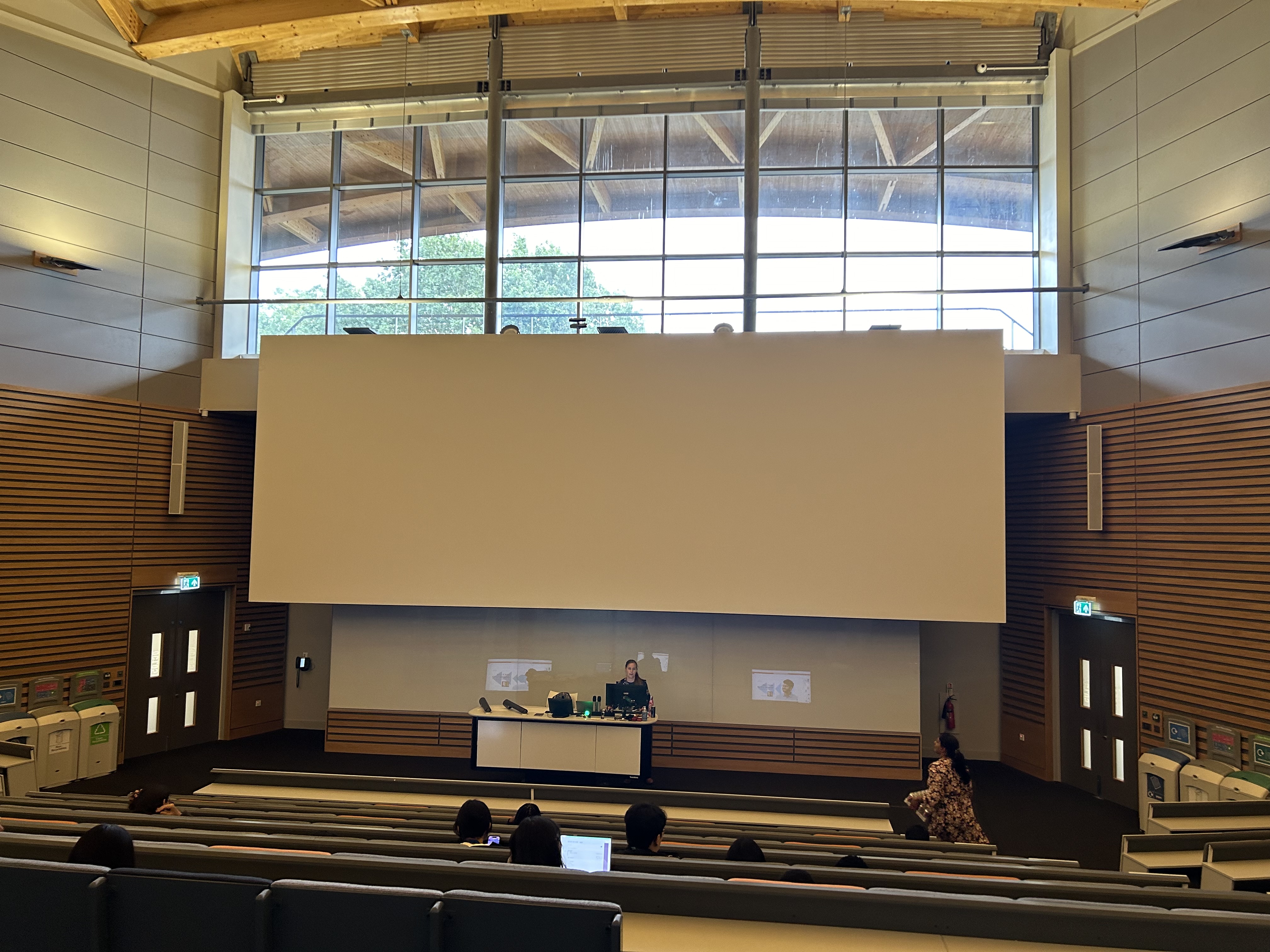
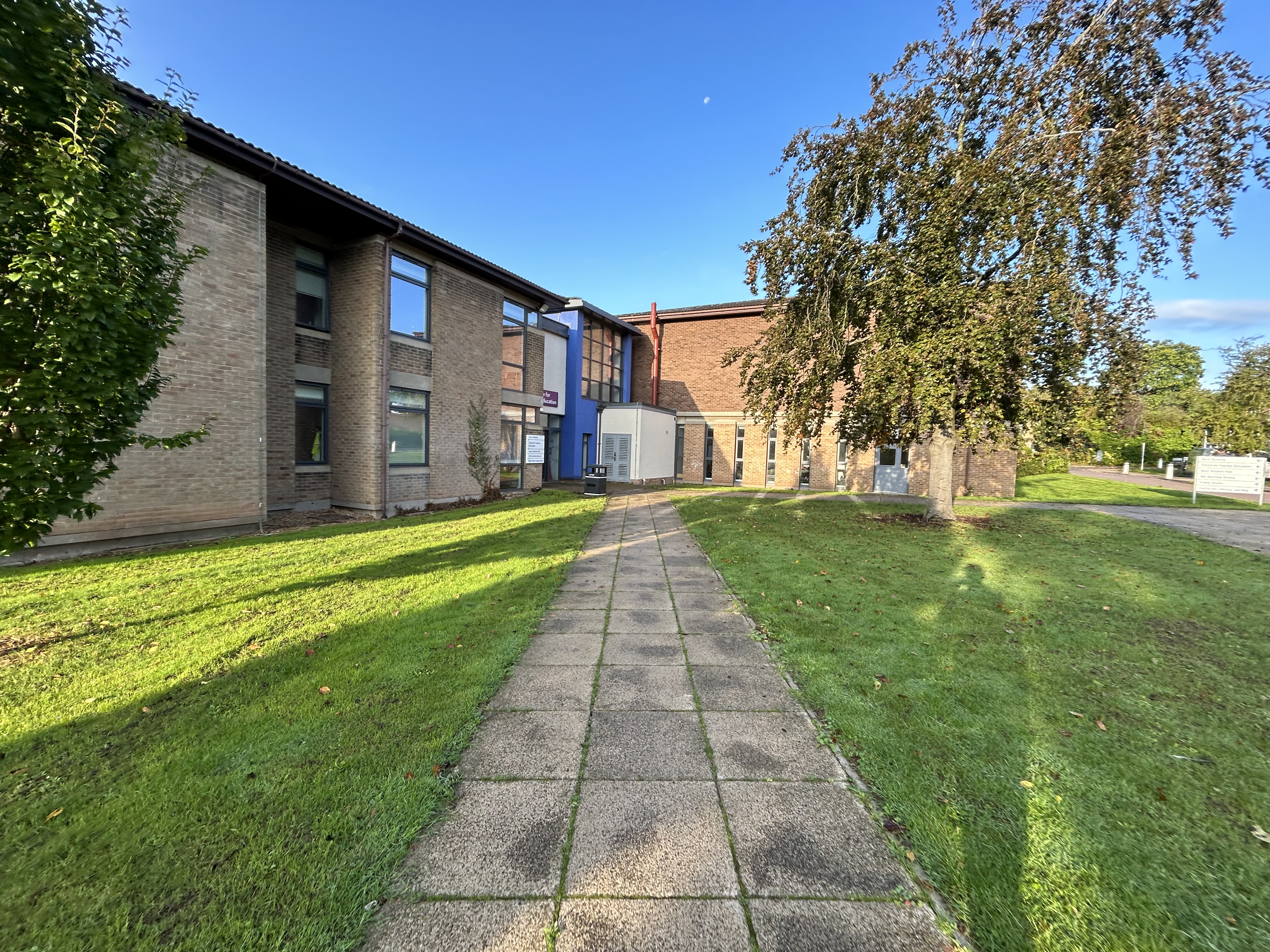
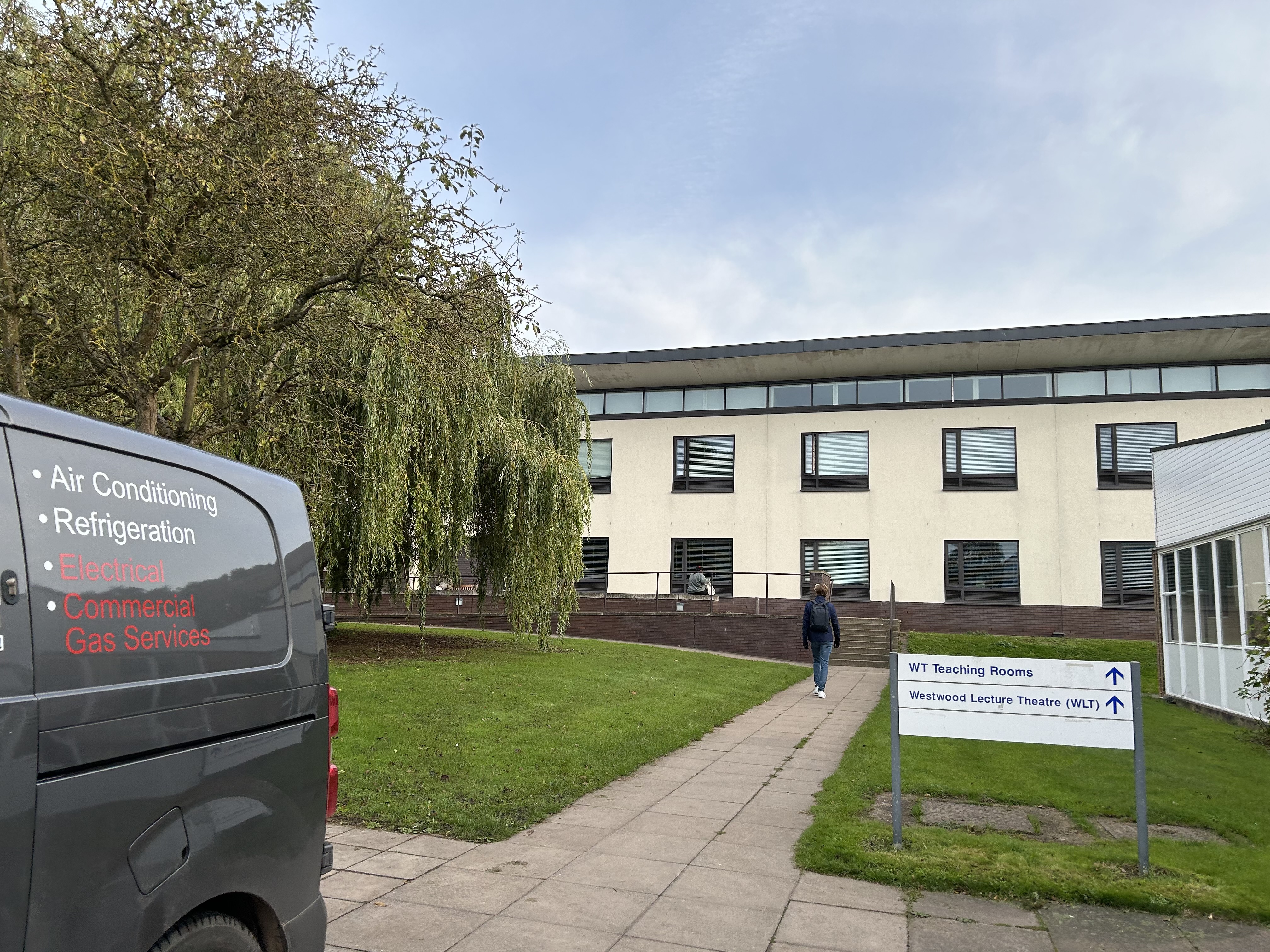

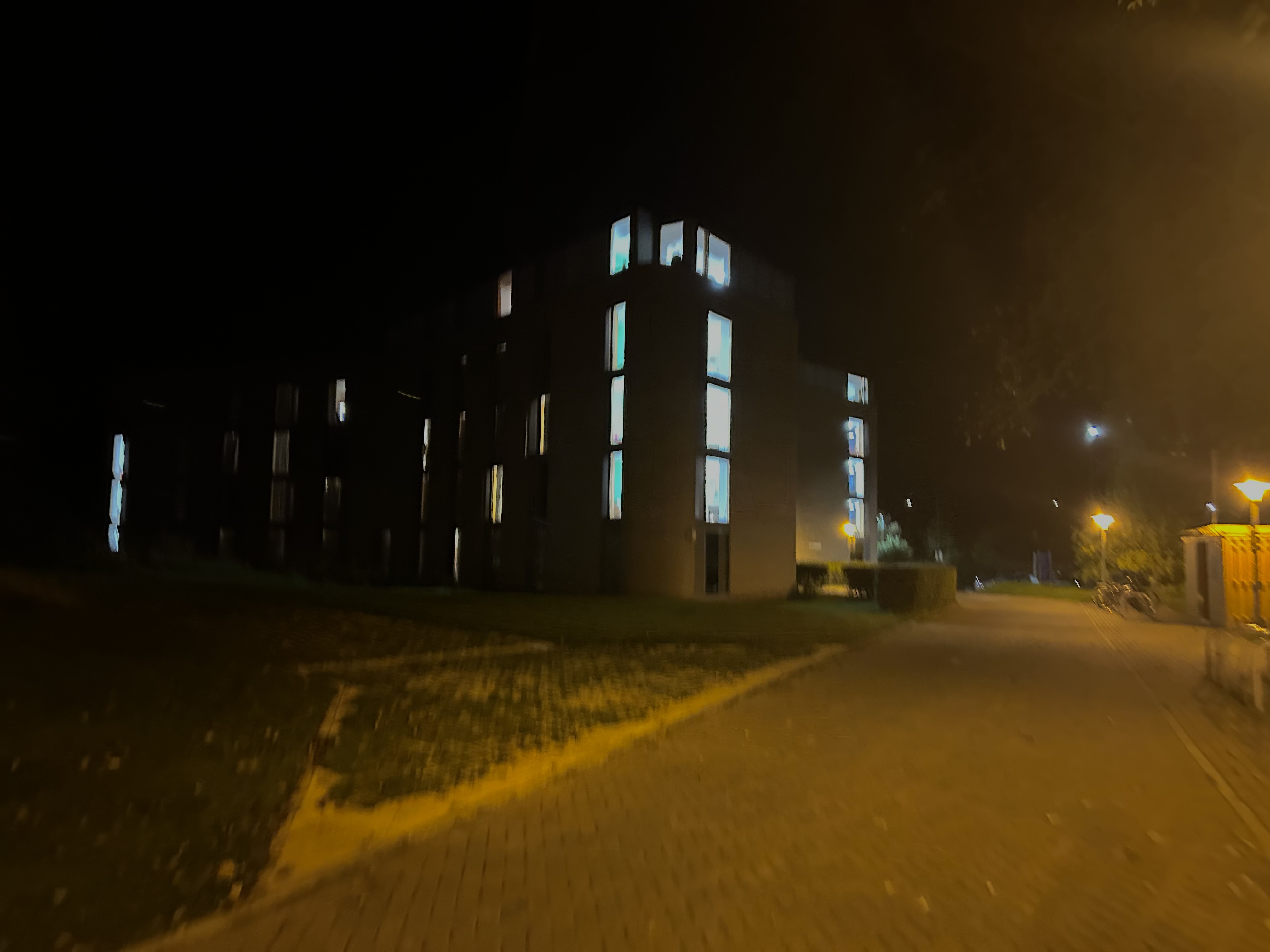
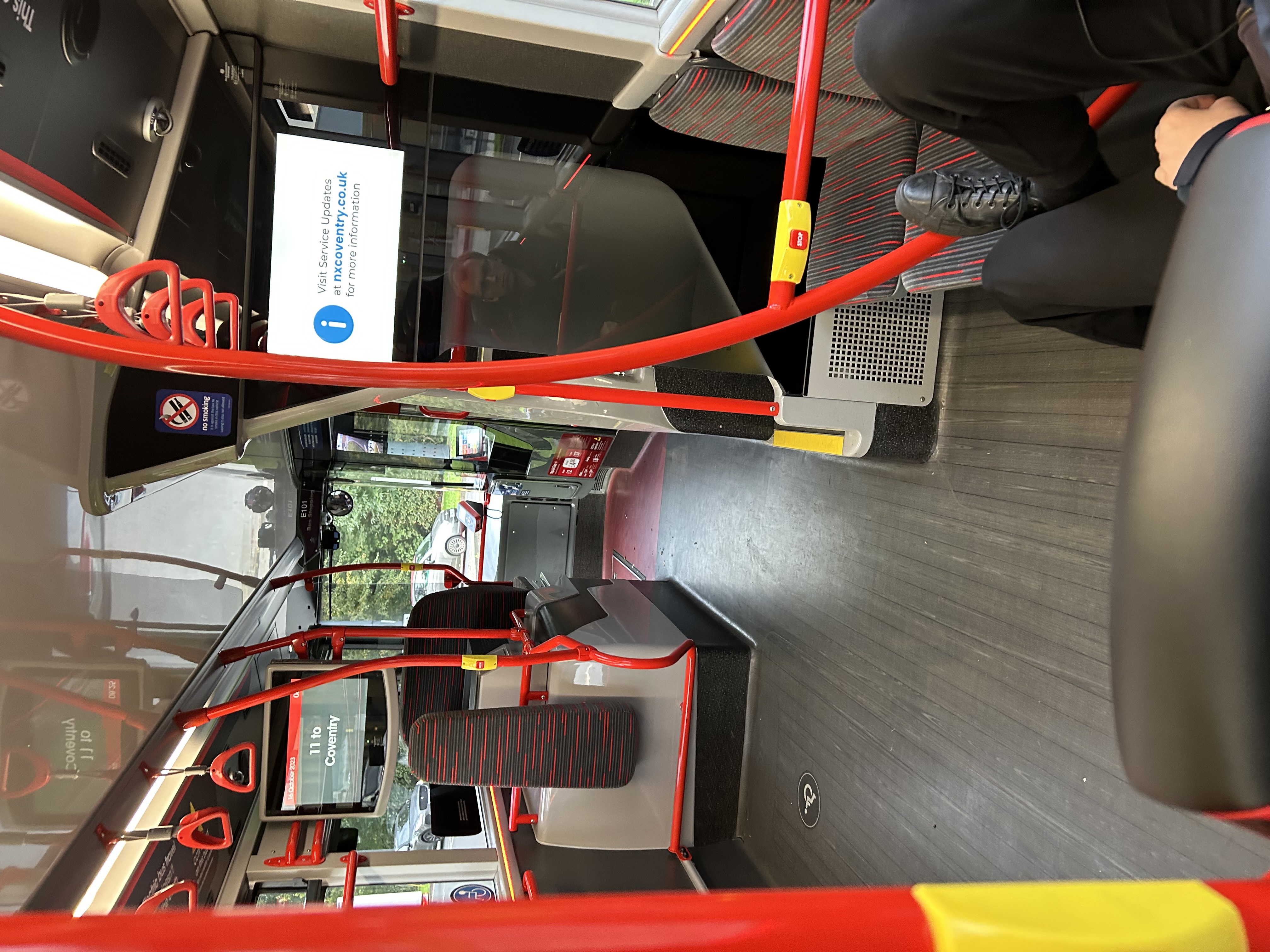
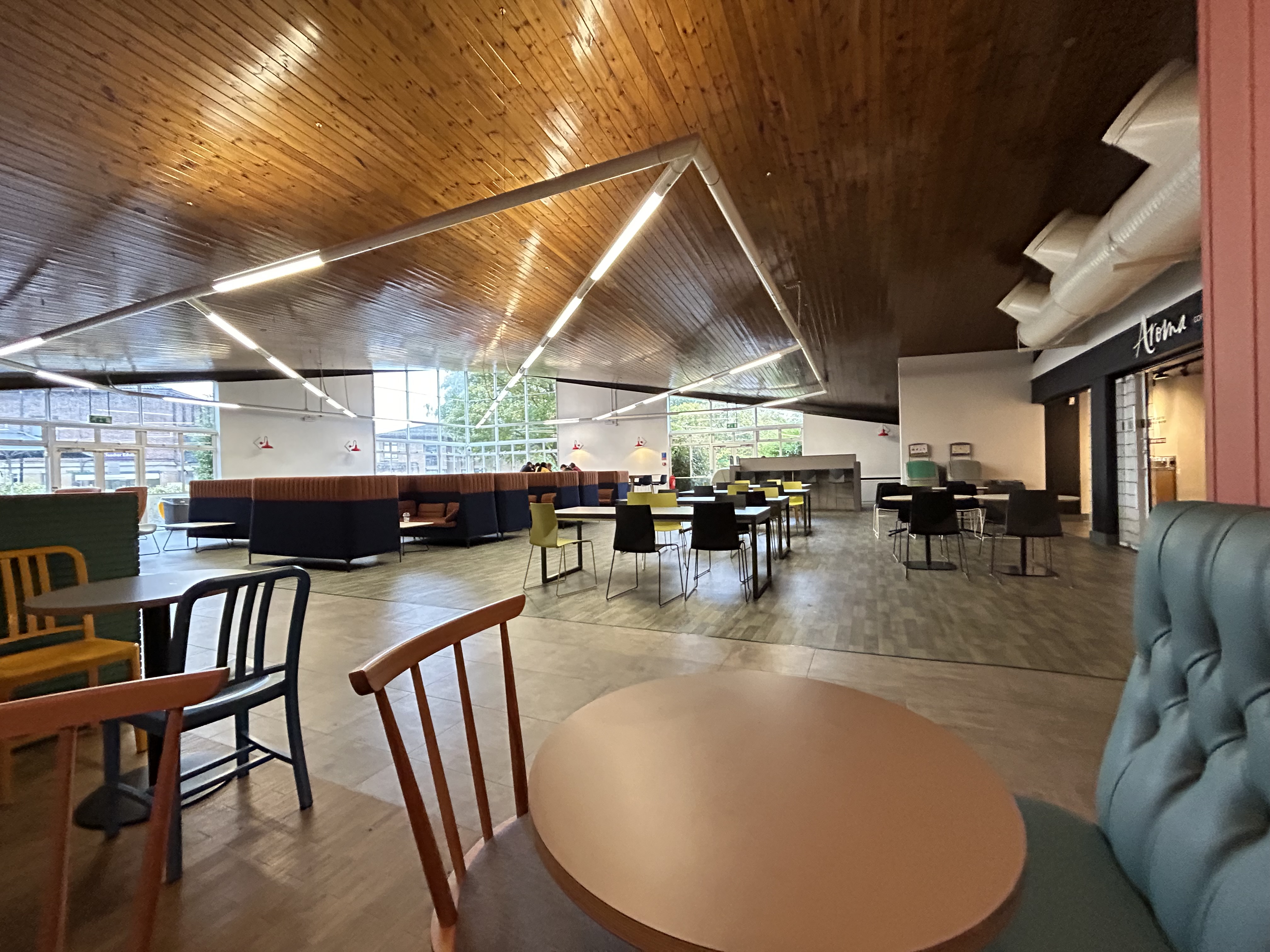
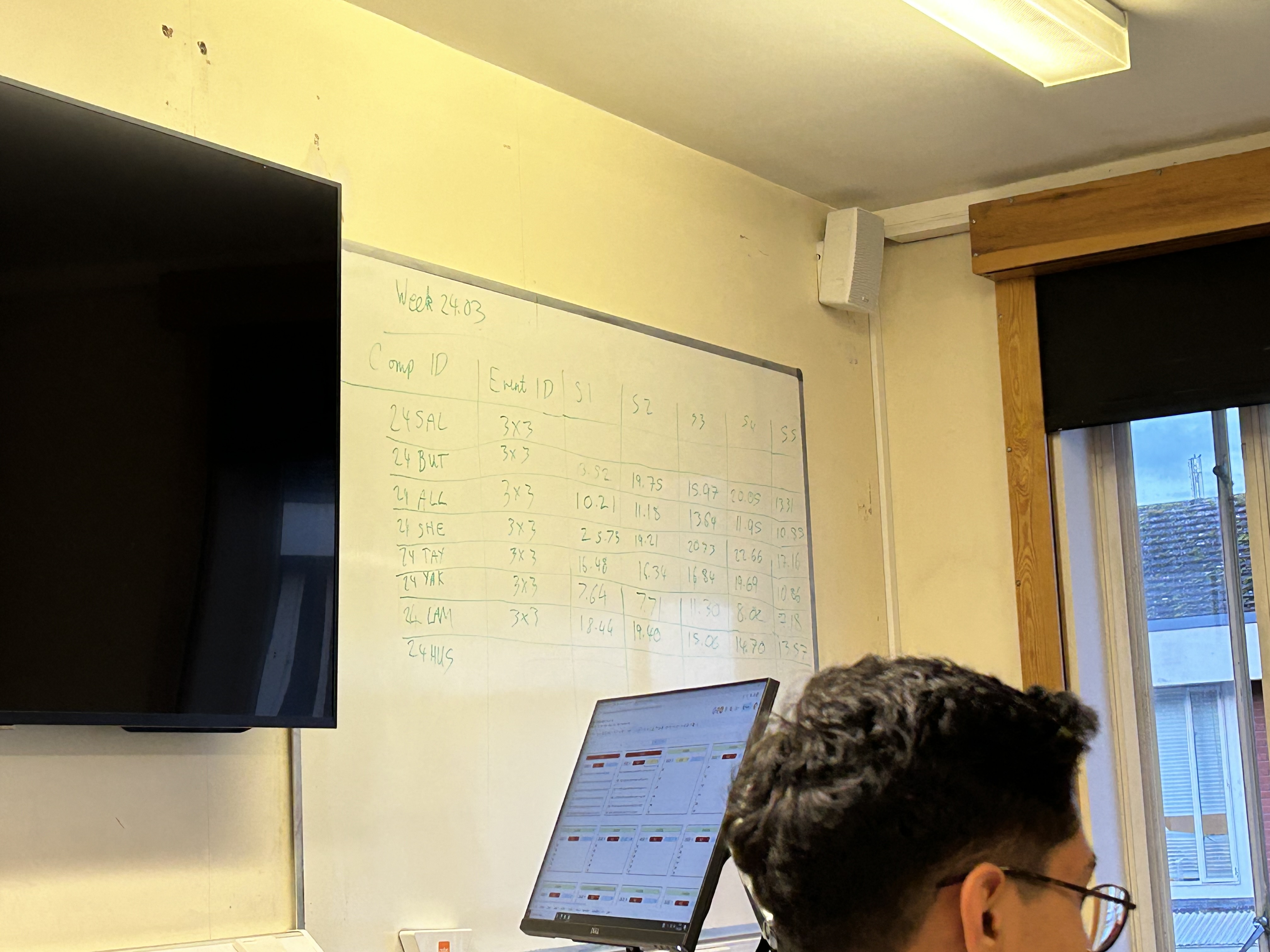
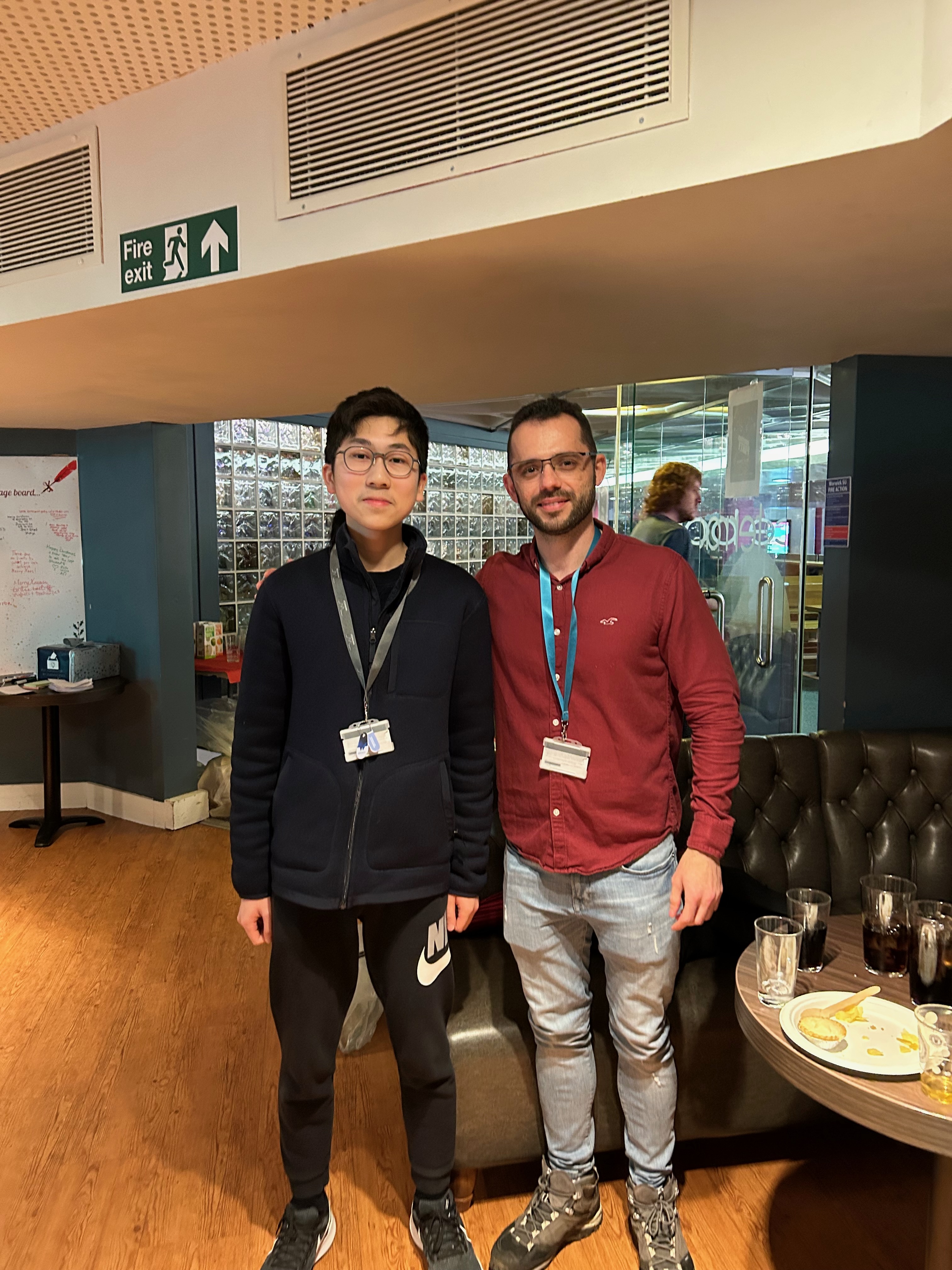





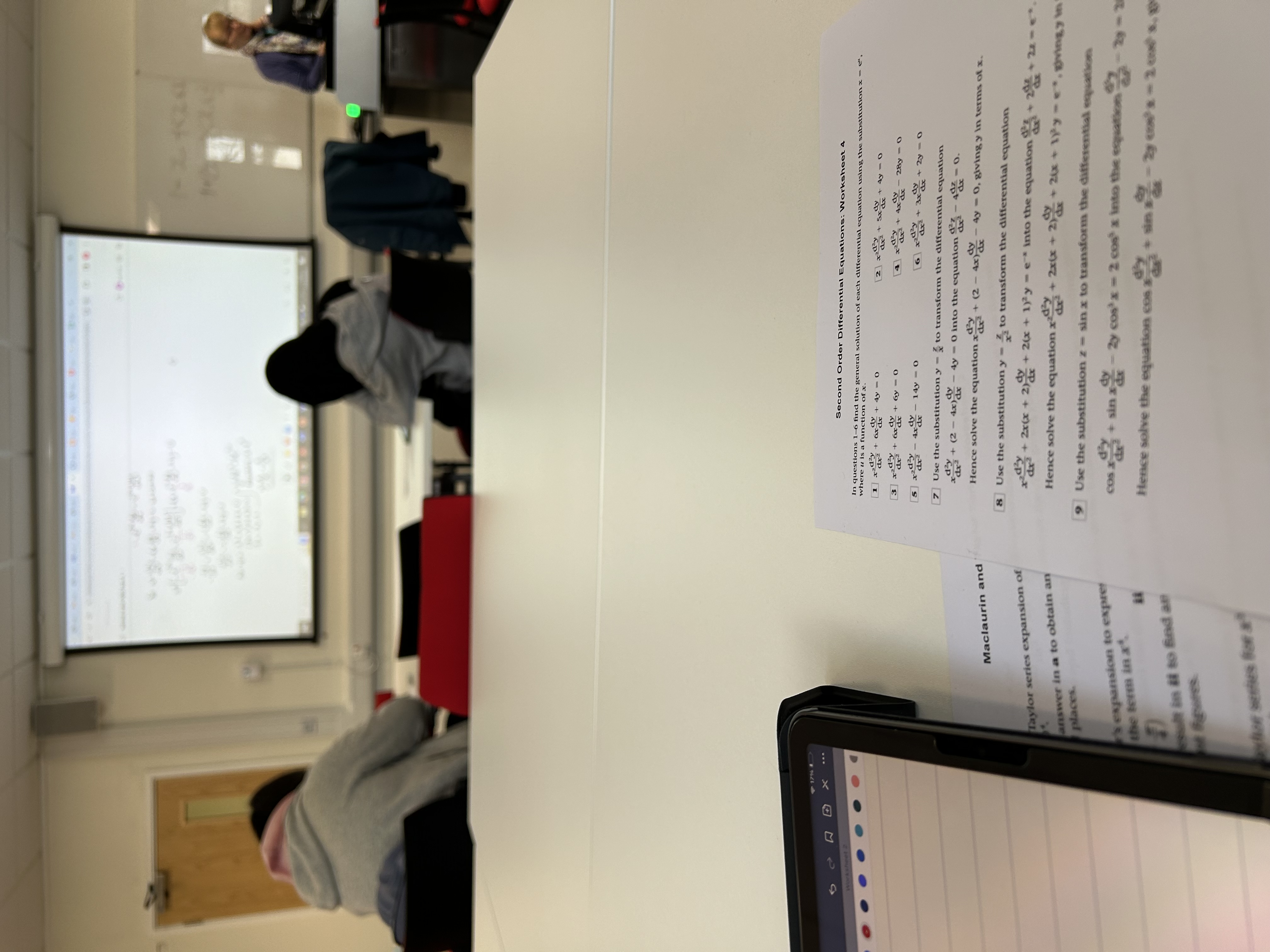
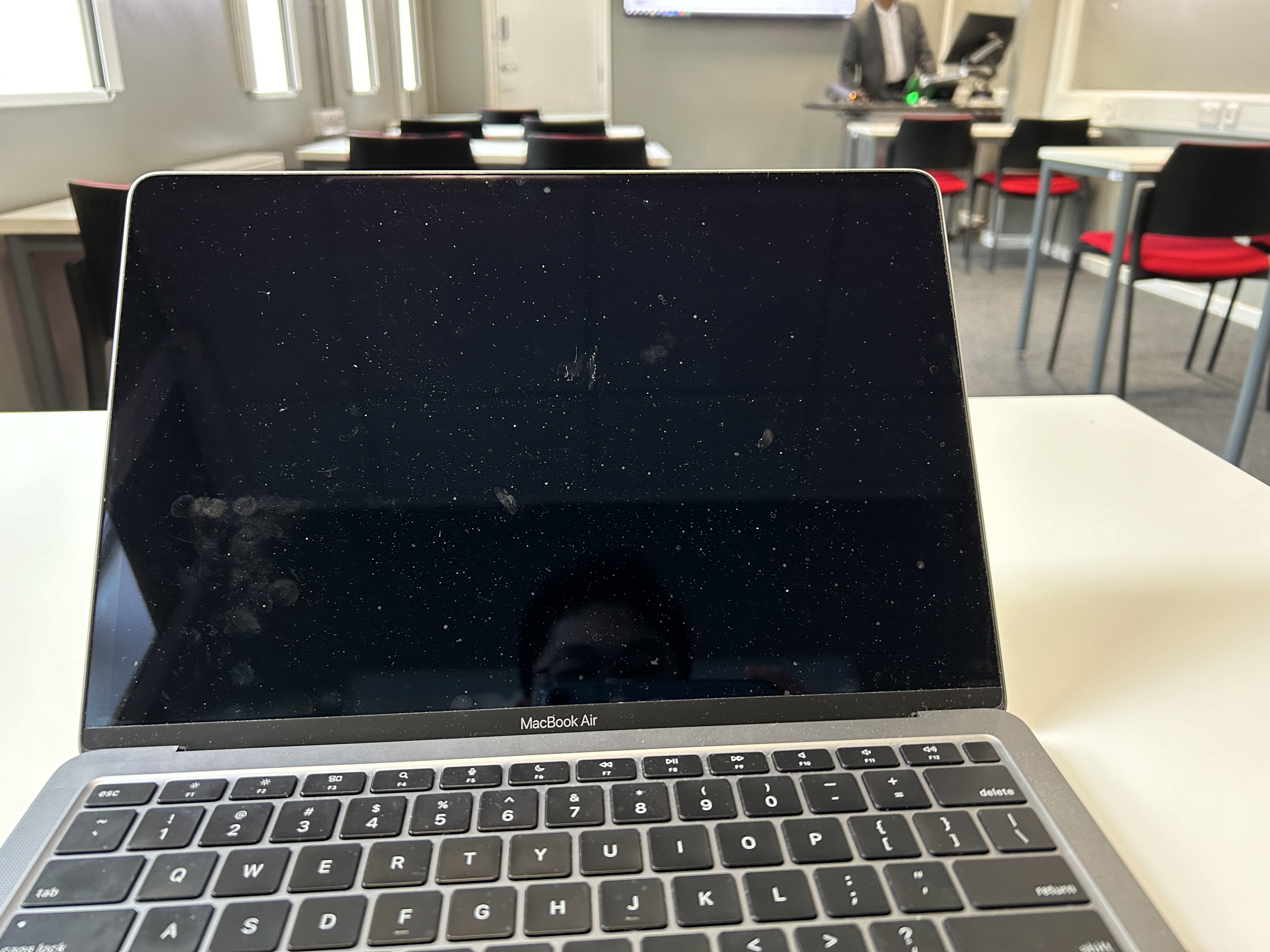

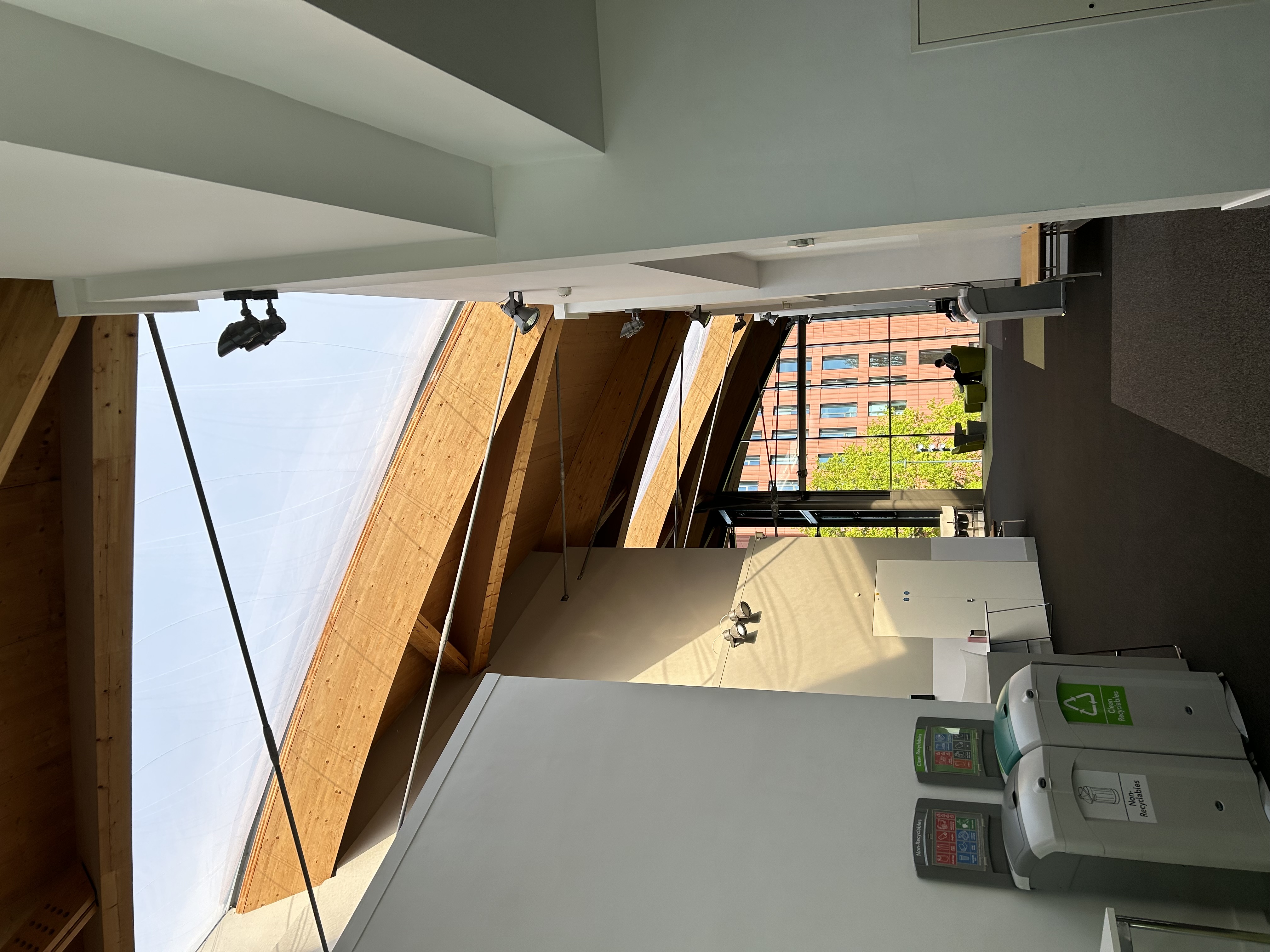
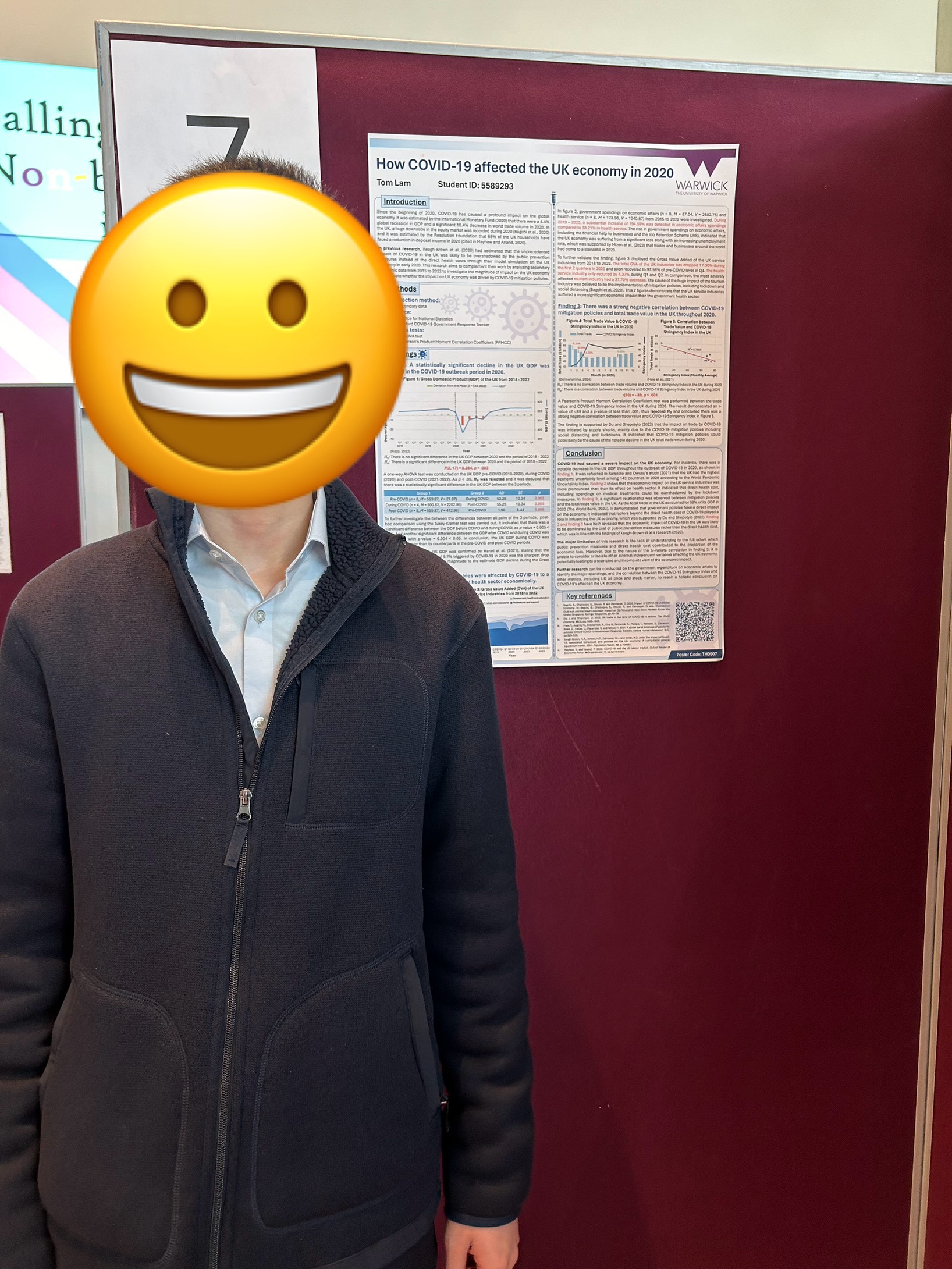
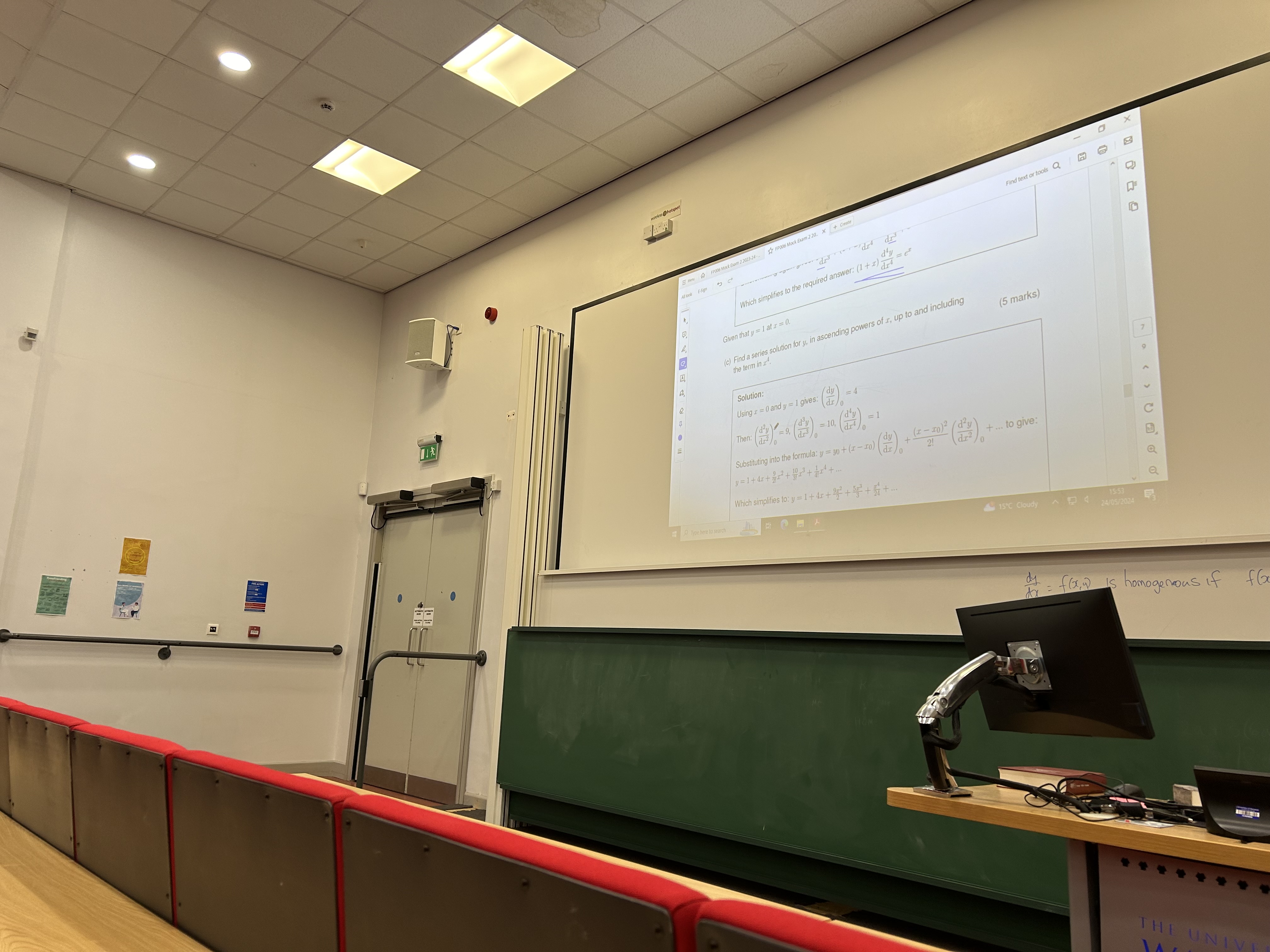
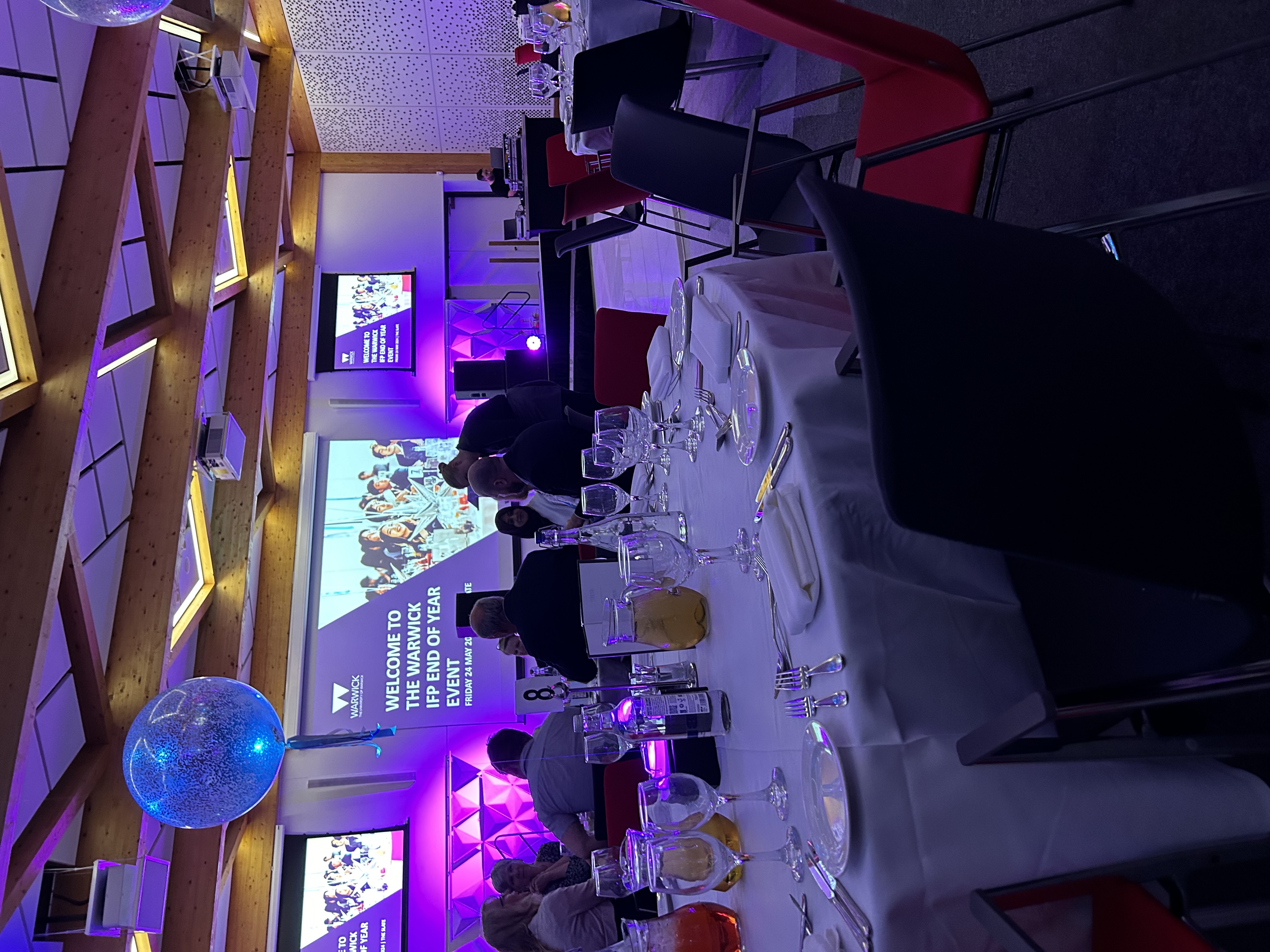
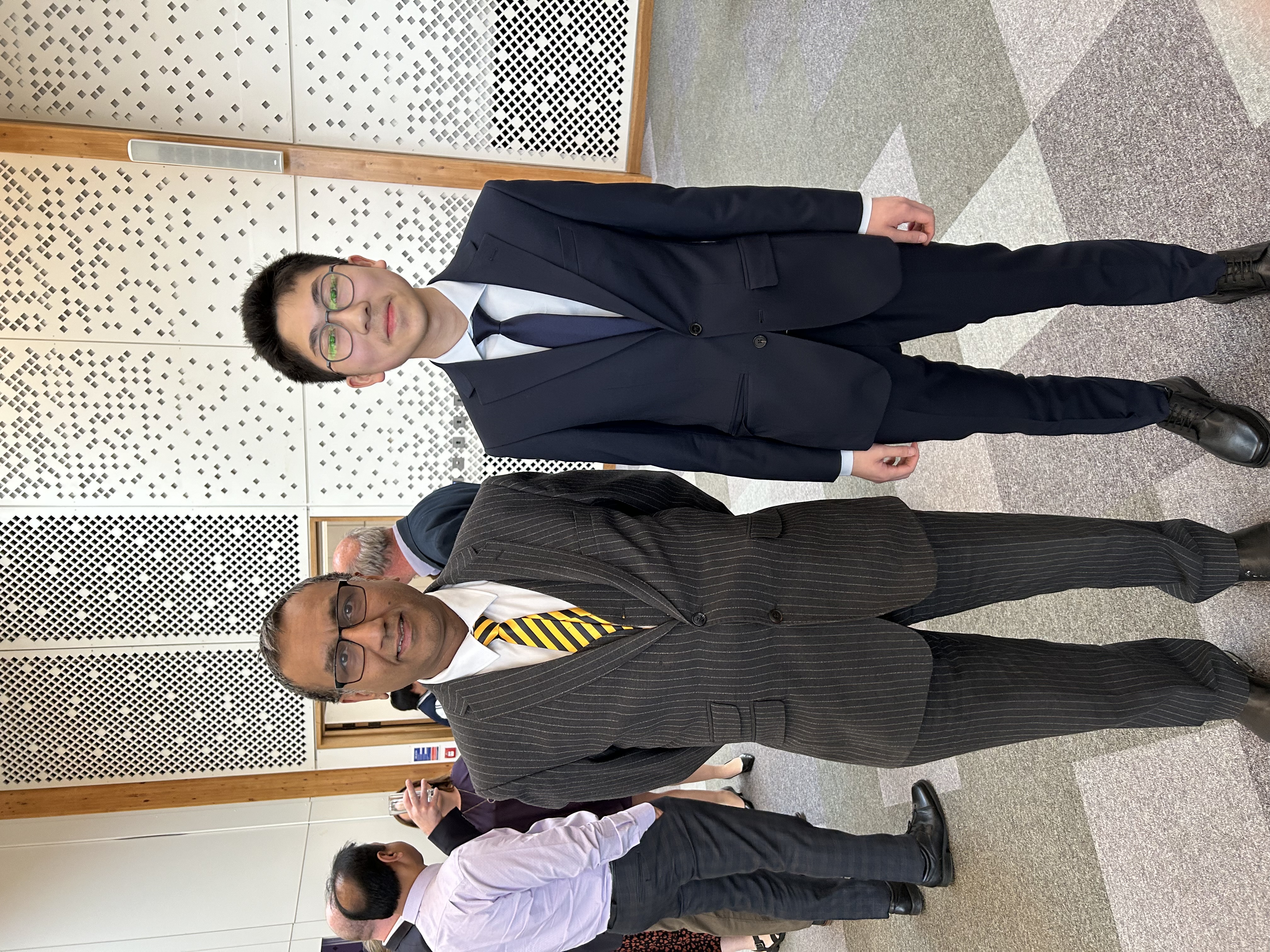
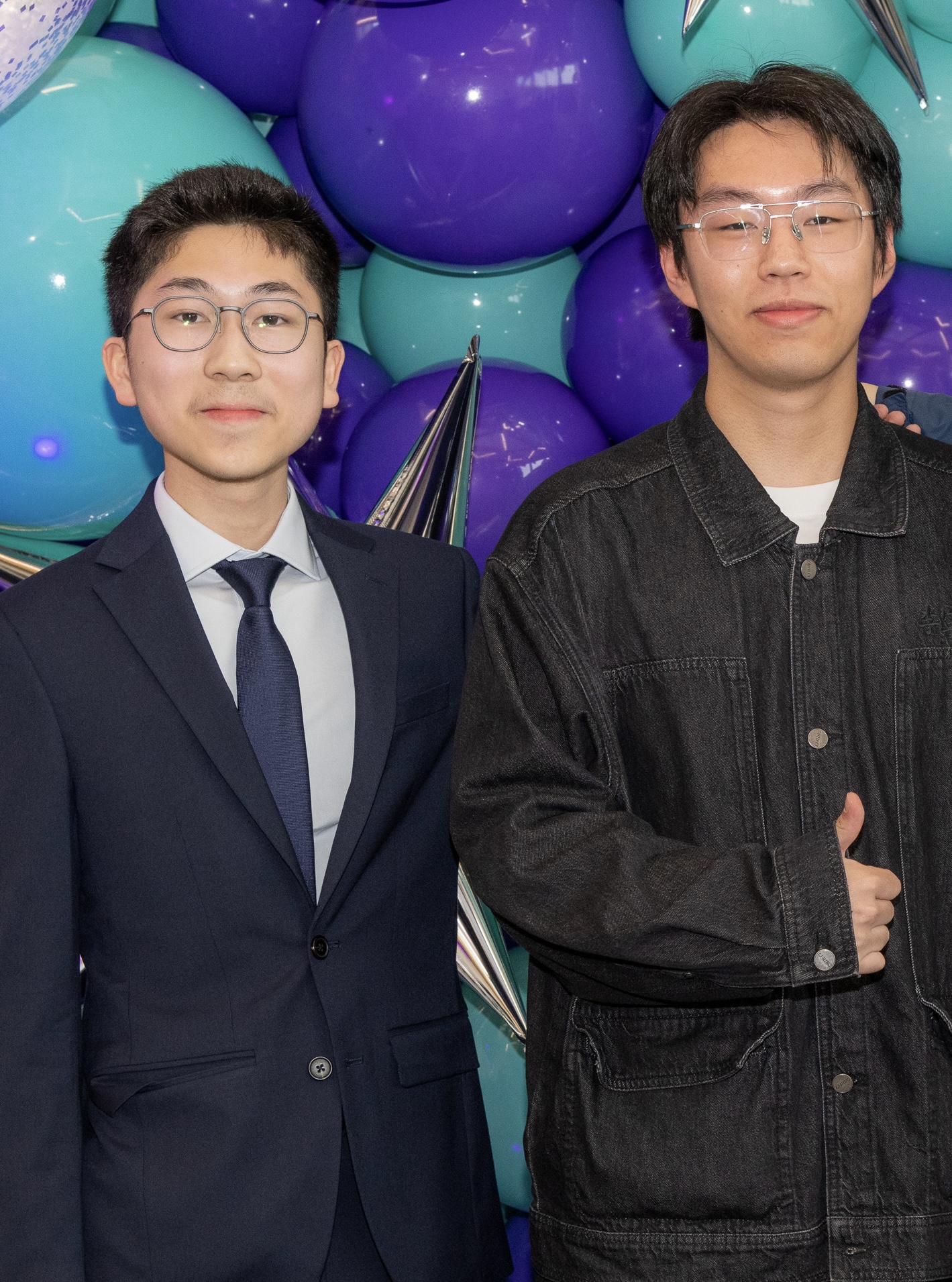
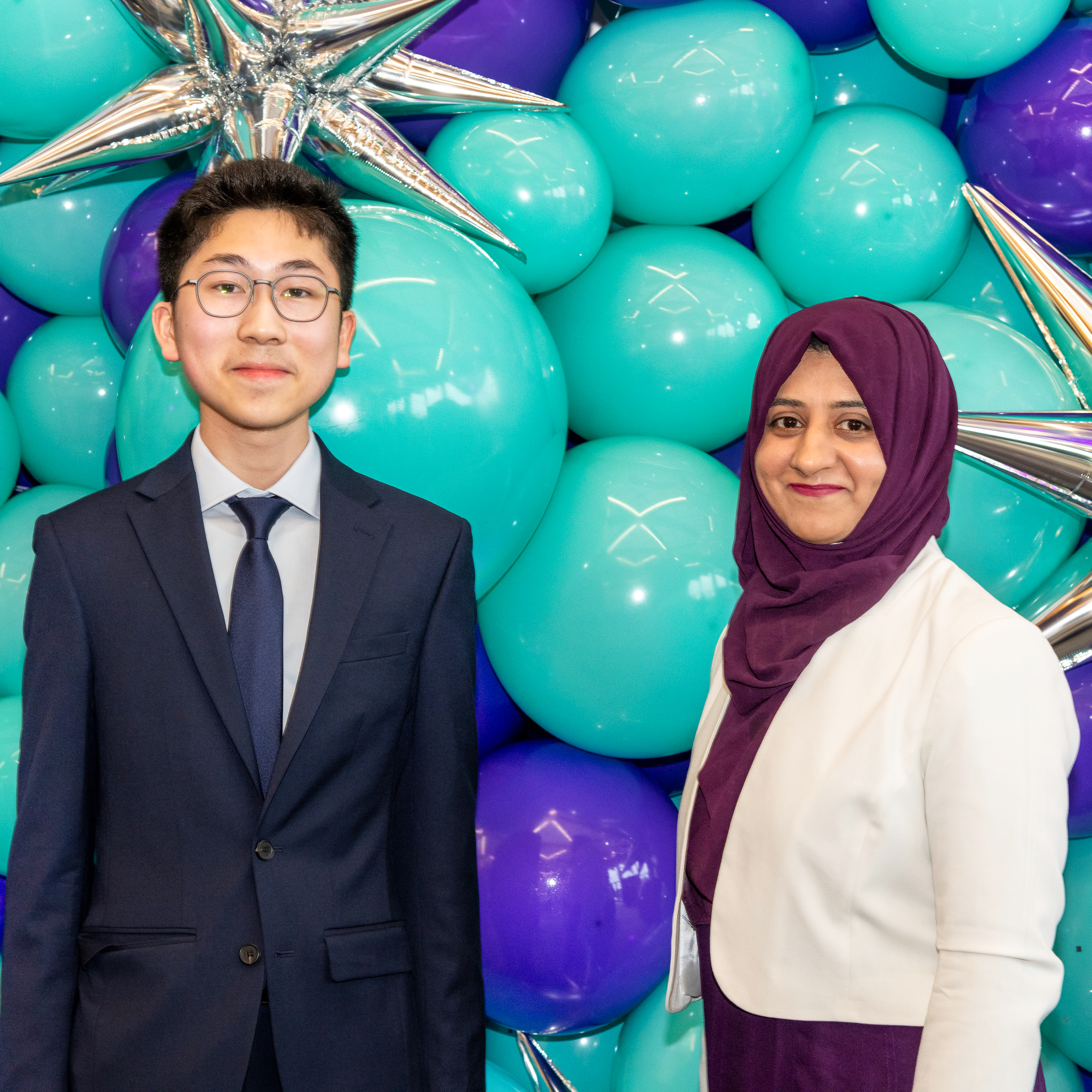
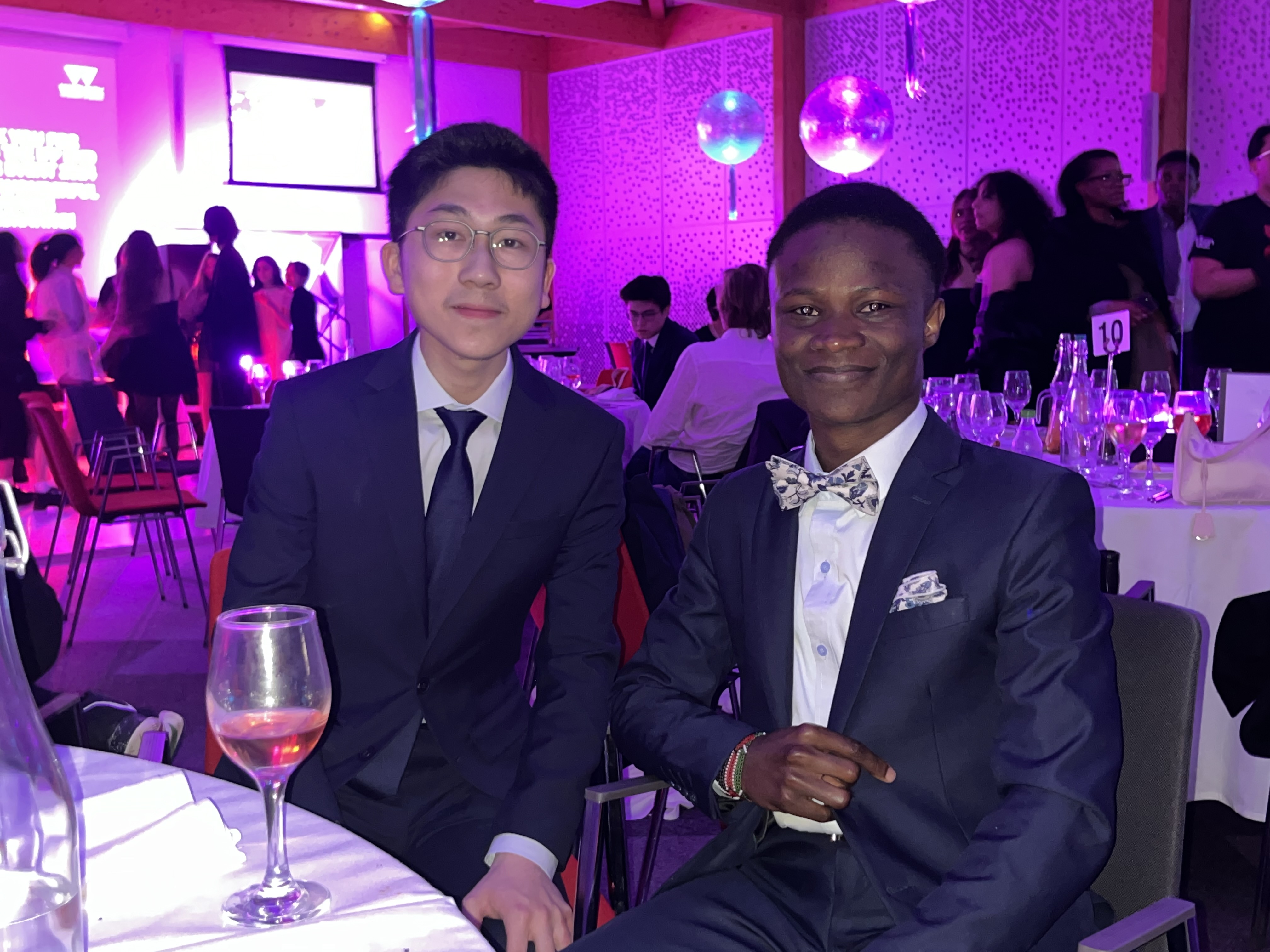
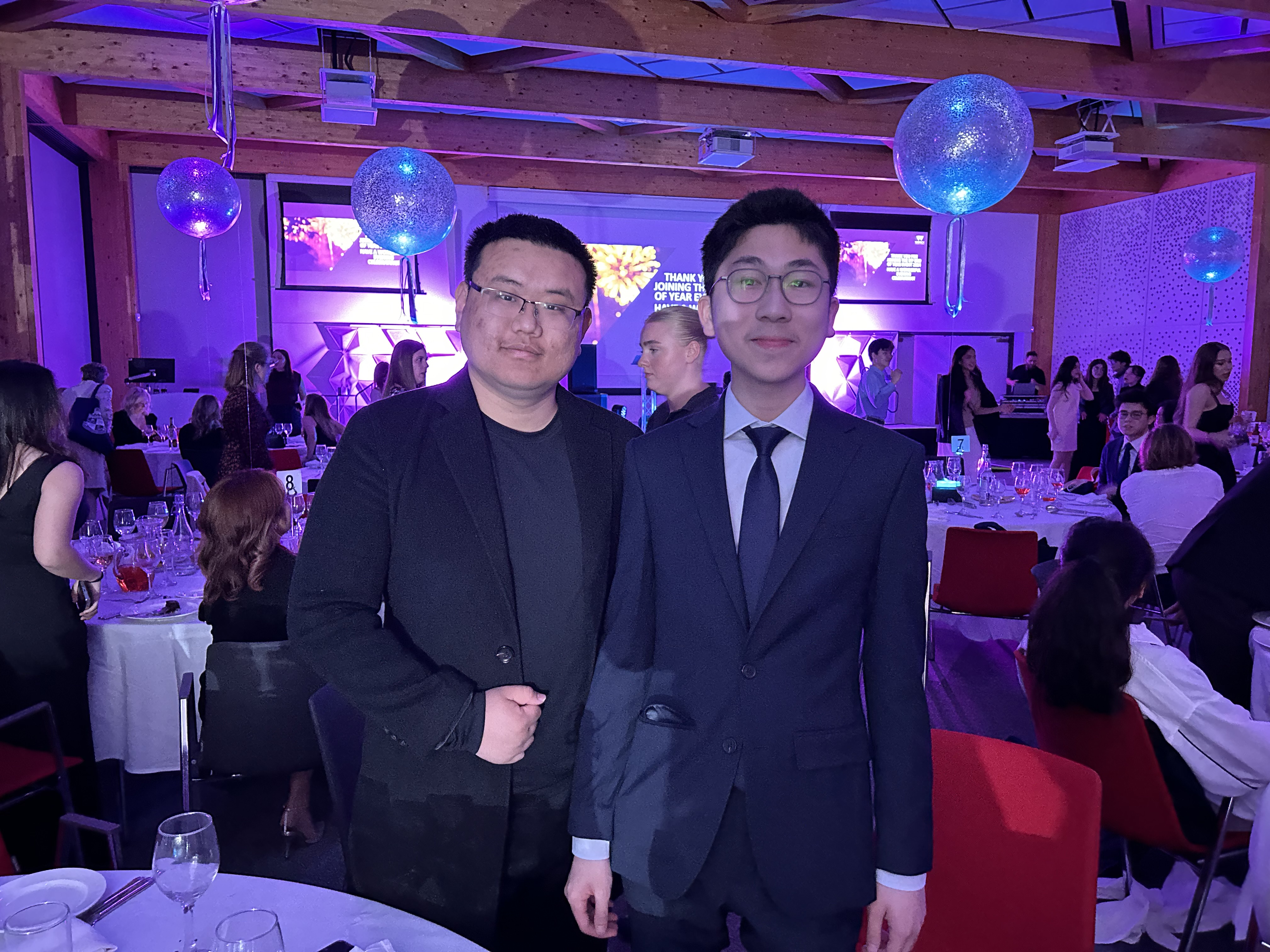
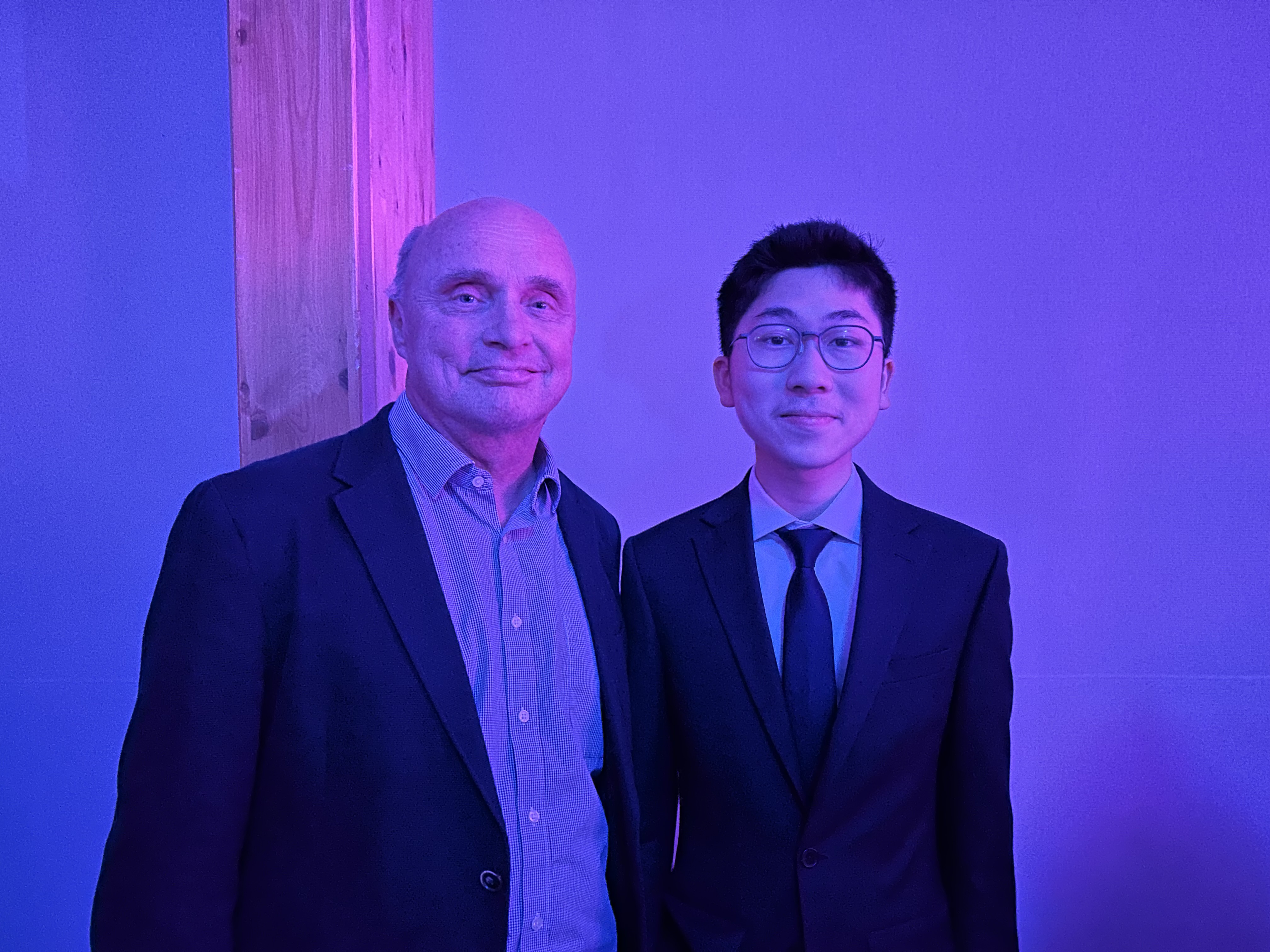

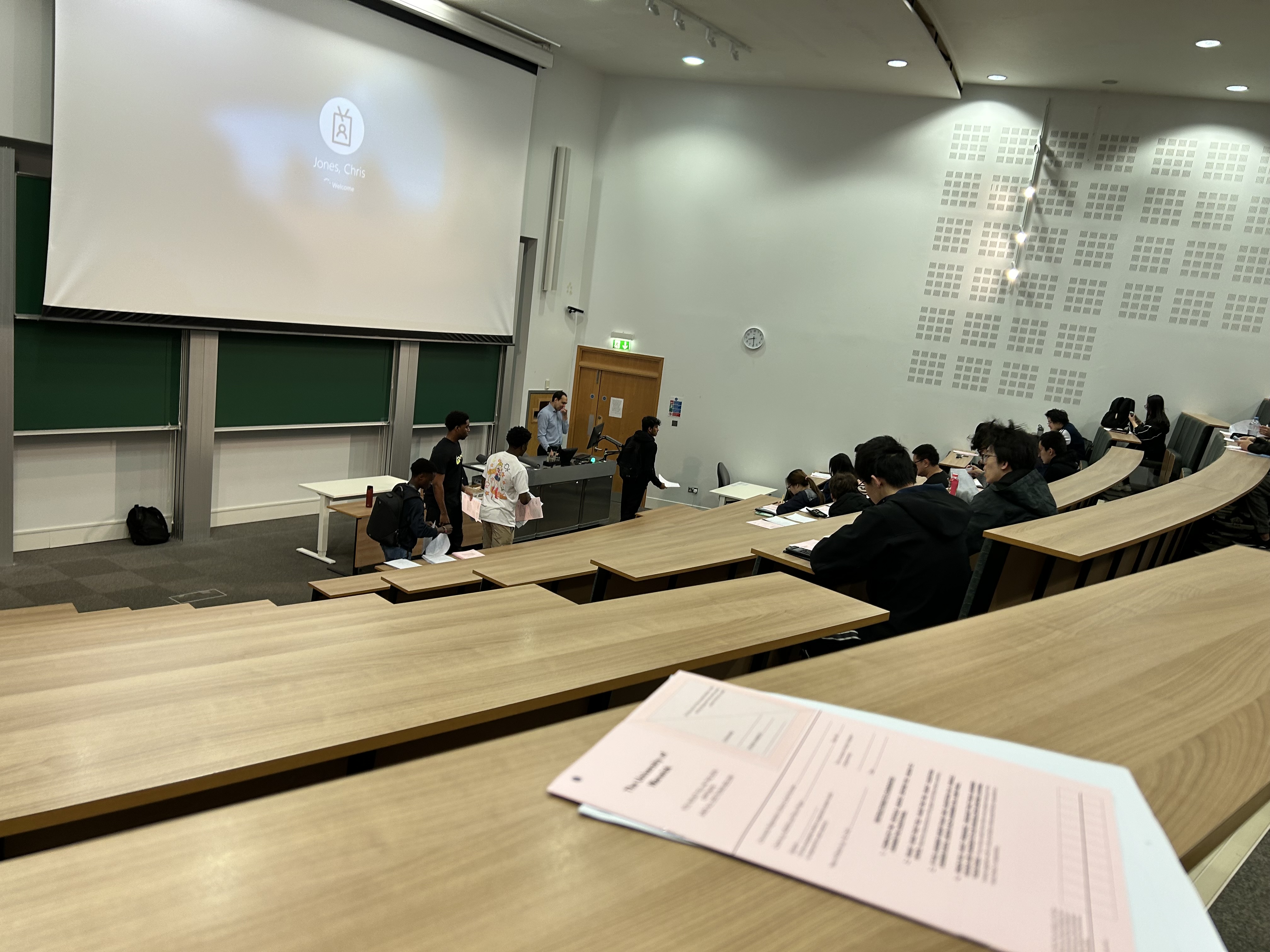
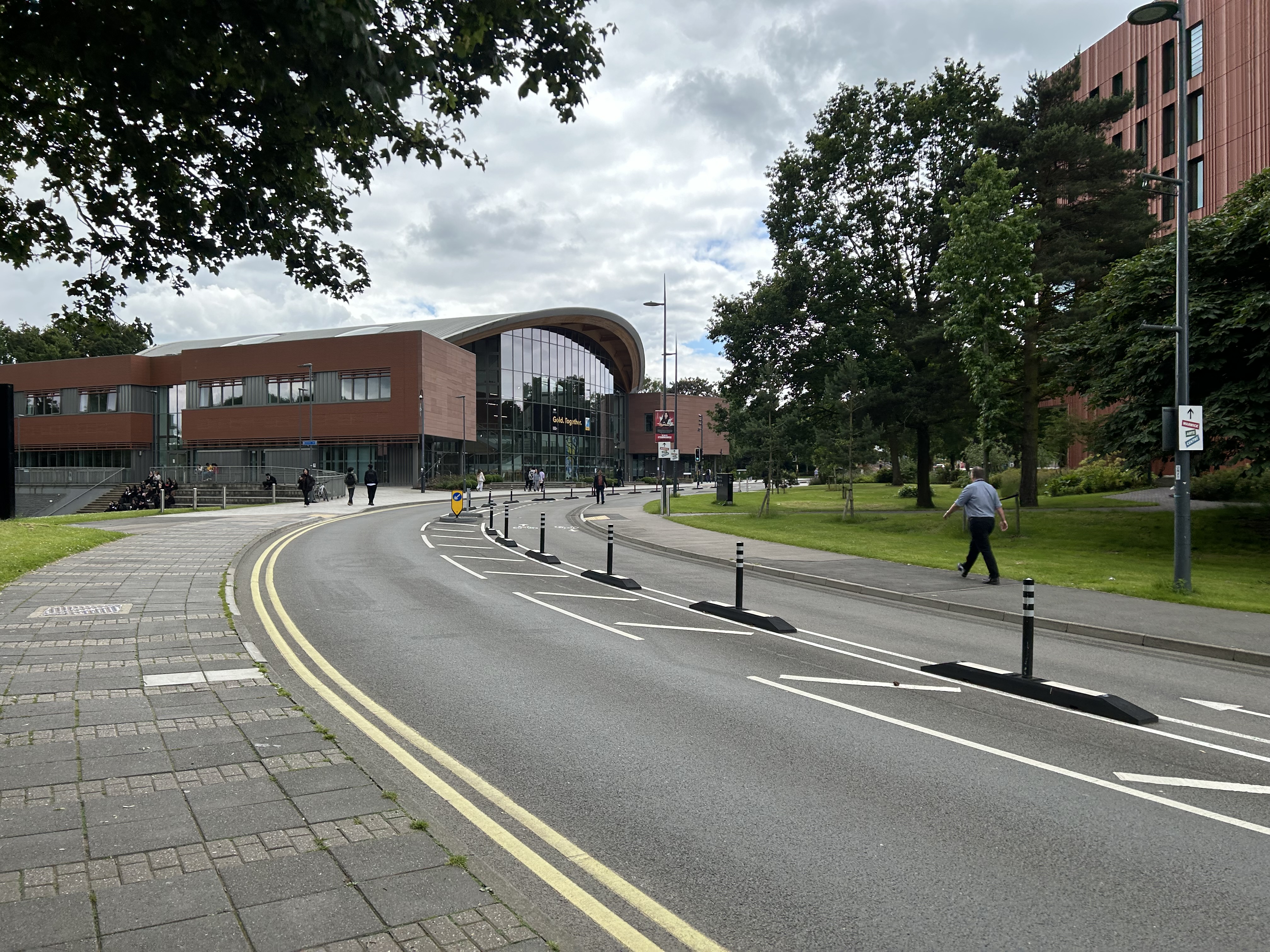
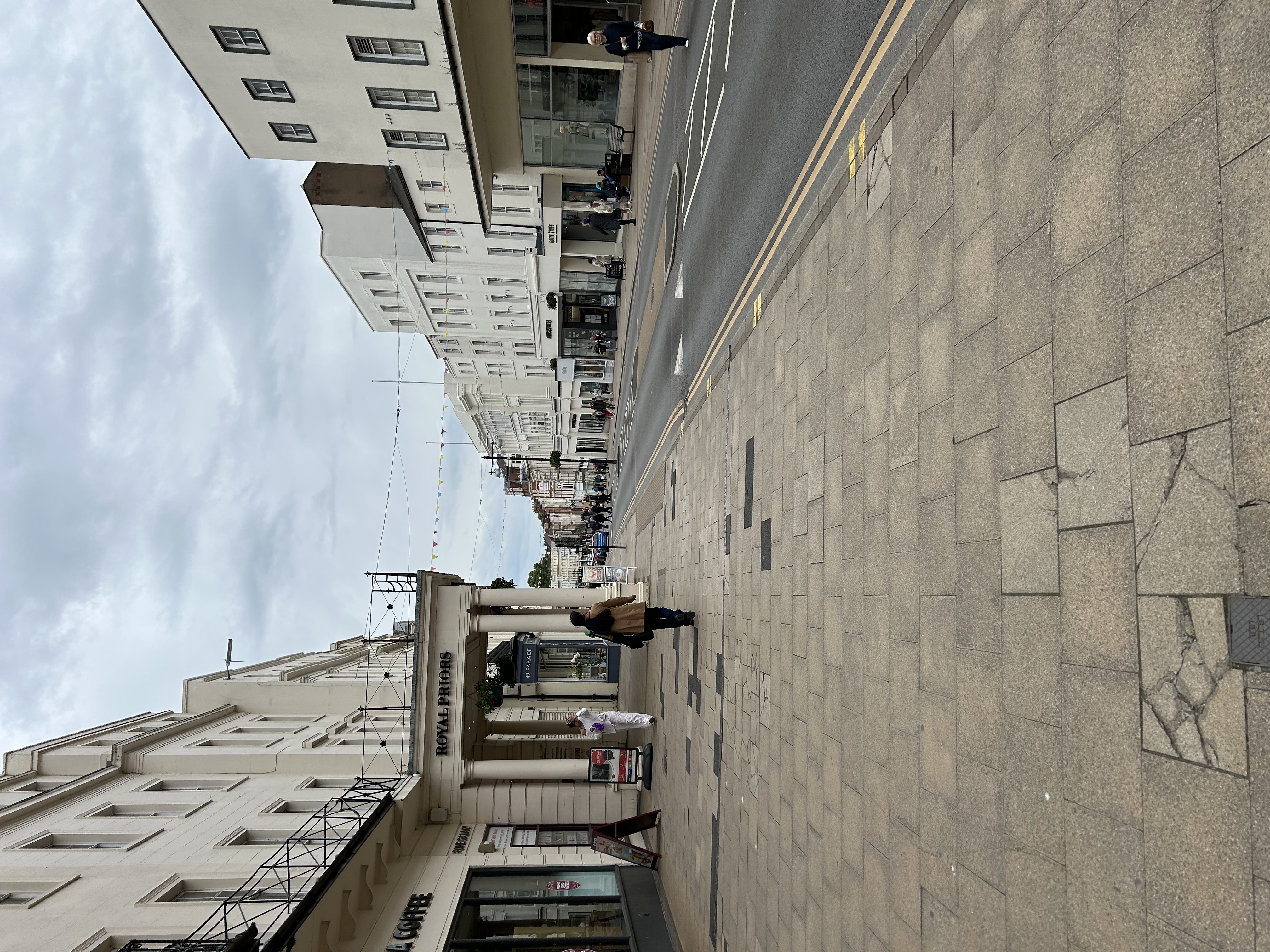
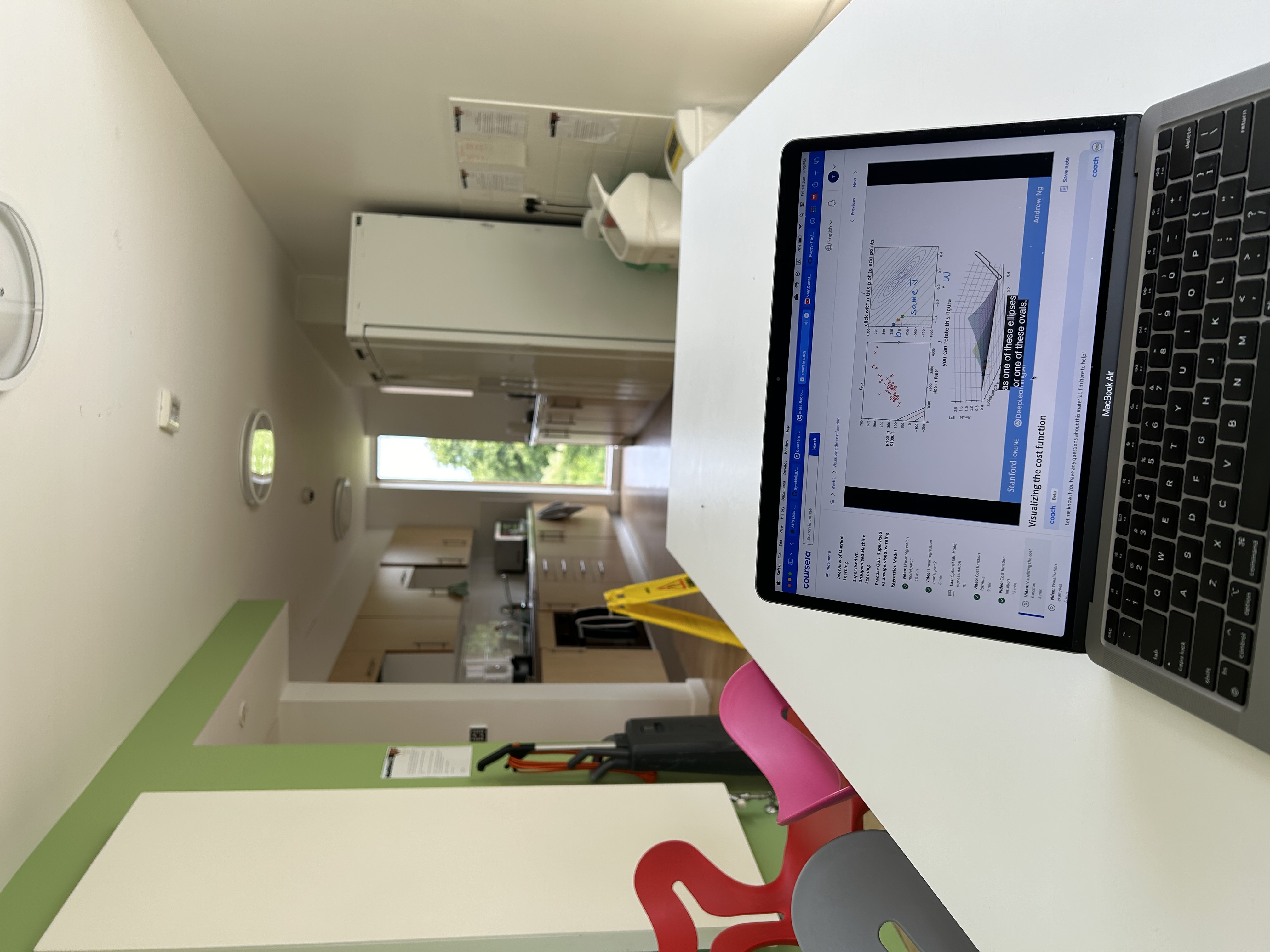
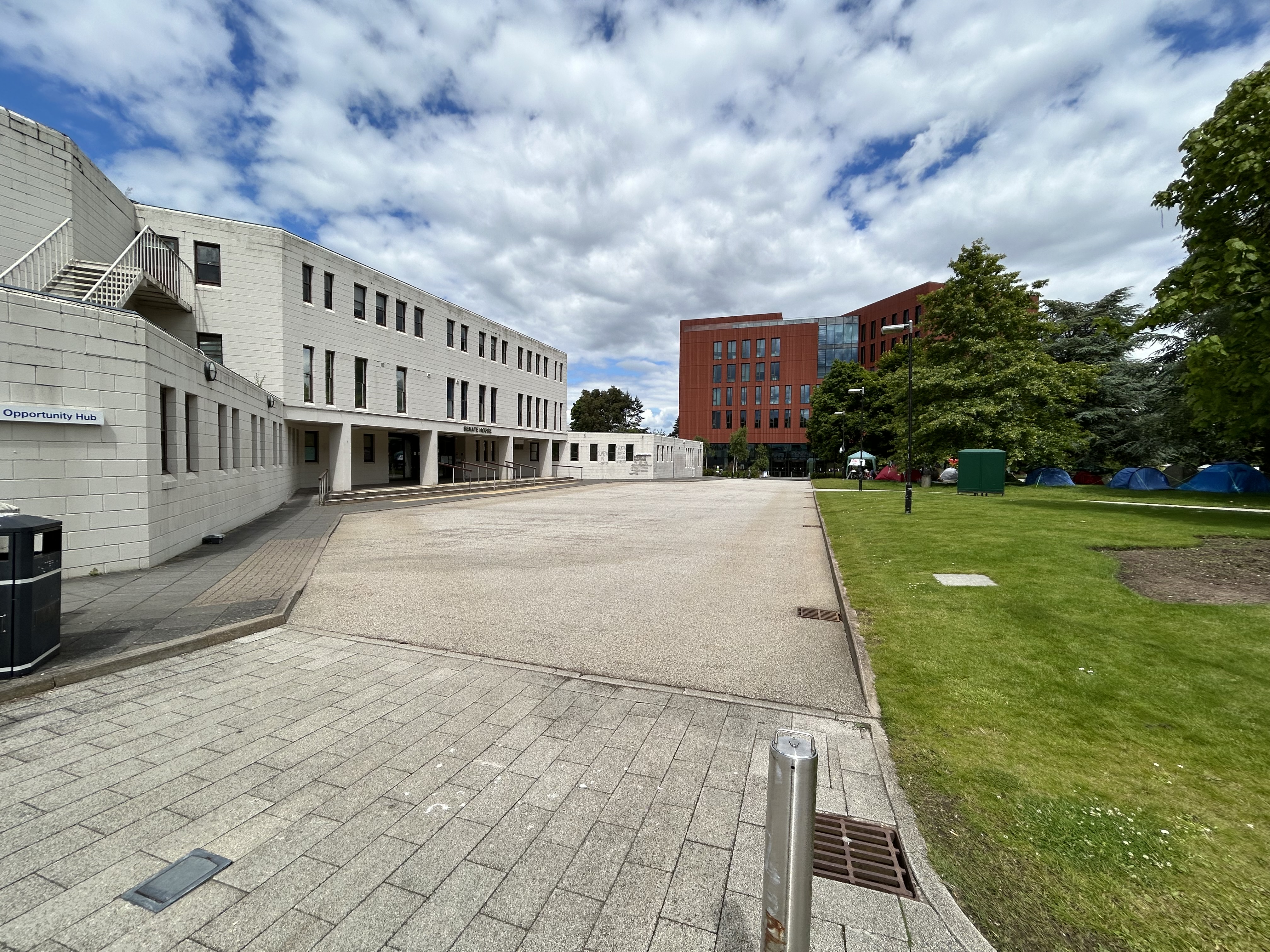
I do not know or have any contact with that student. I got the info from one of my classmates who was a friend of his. ↩

 Leetcode
Leetcode
